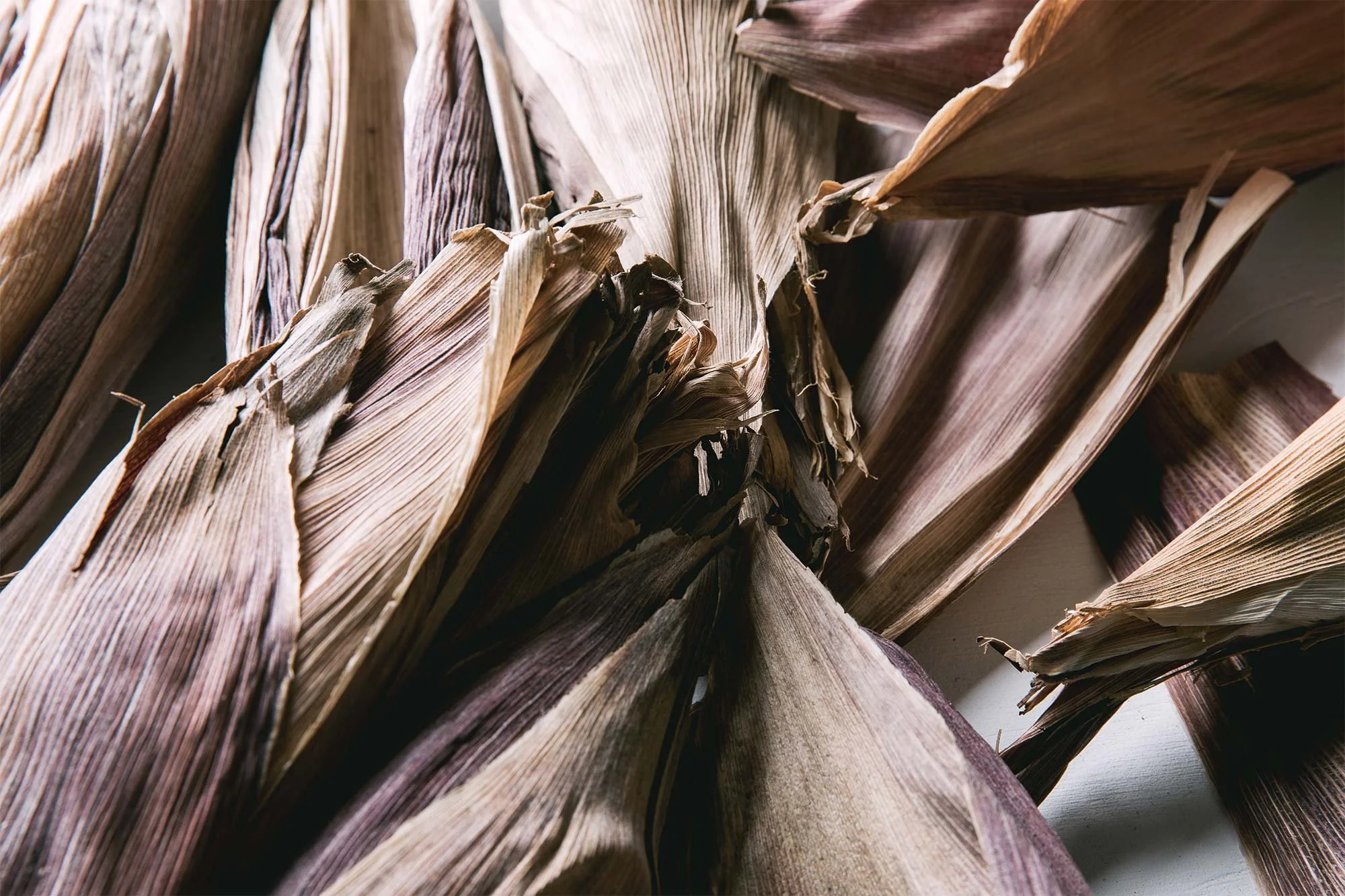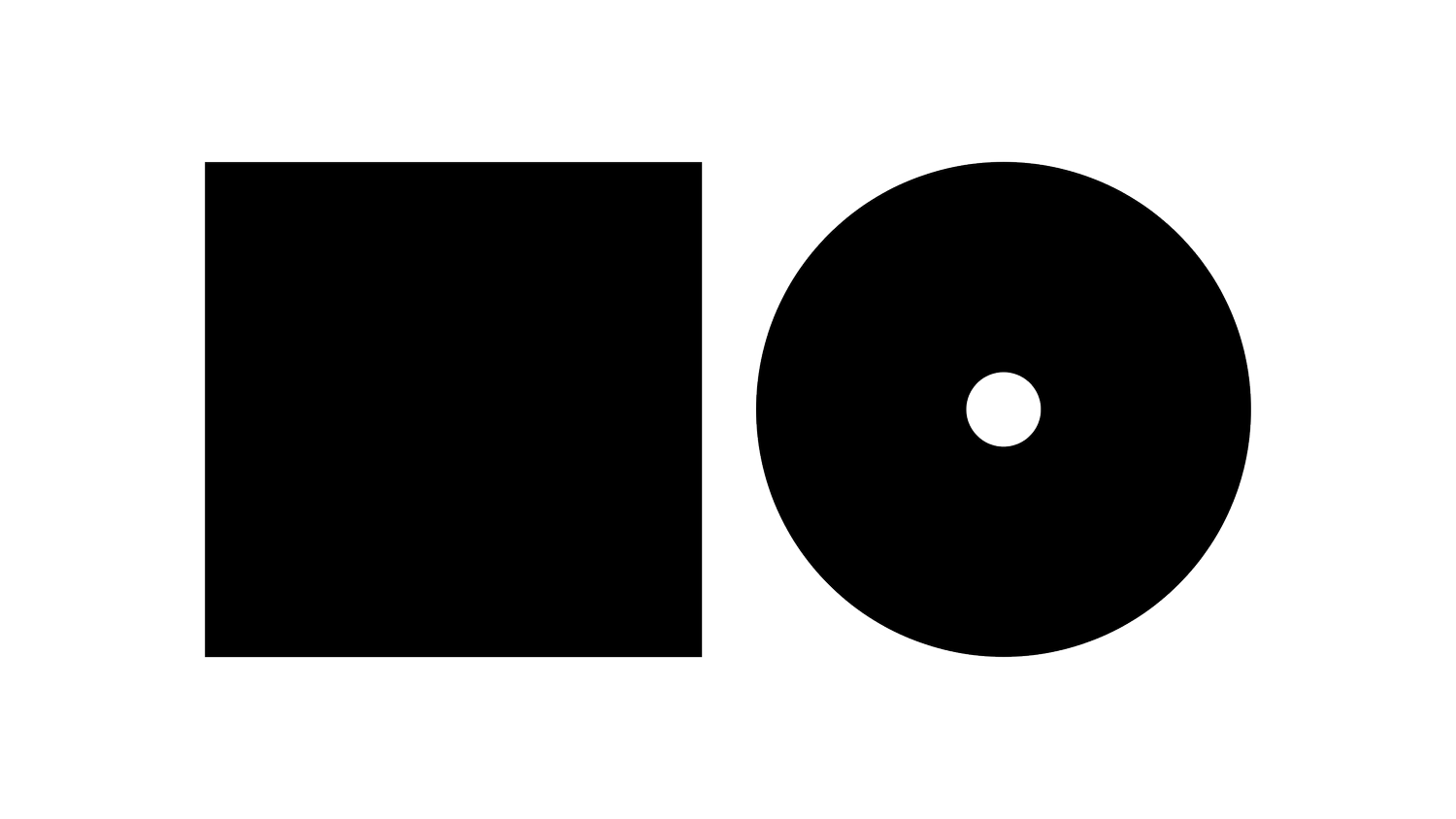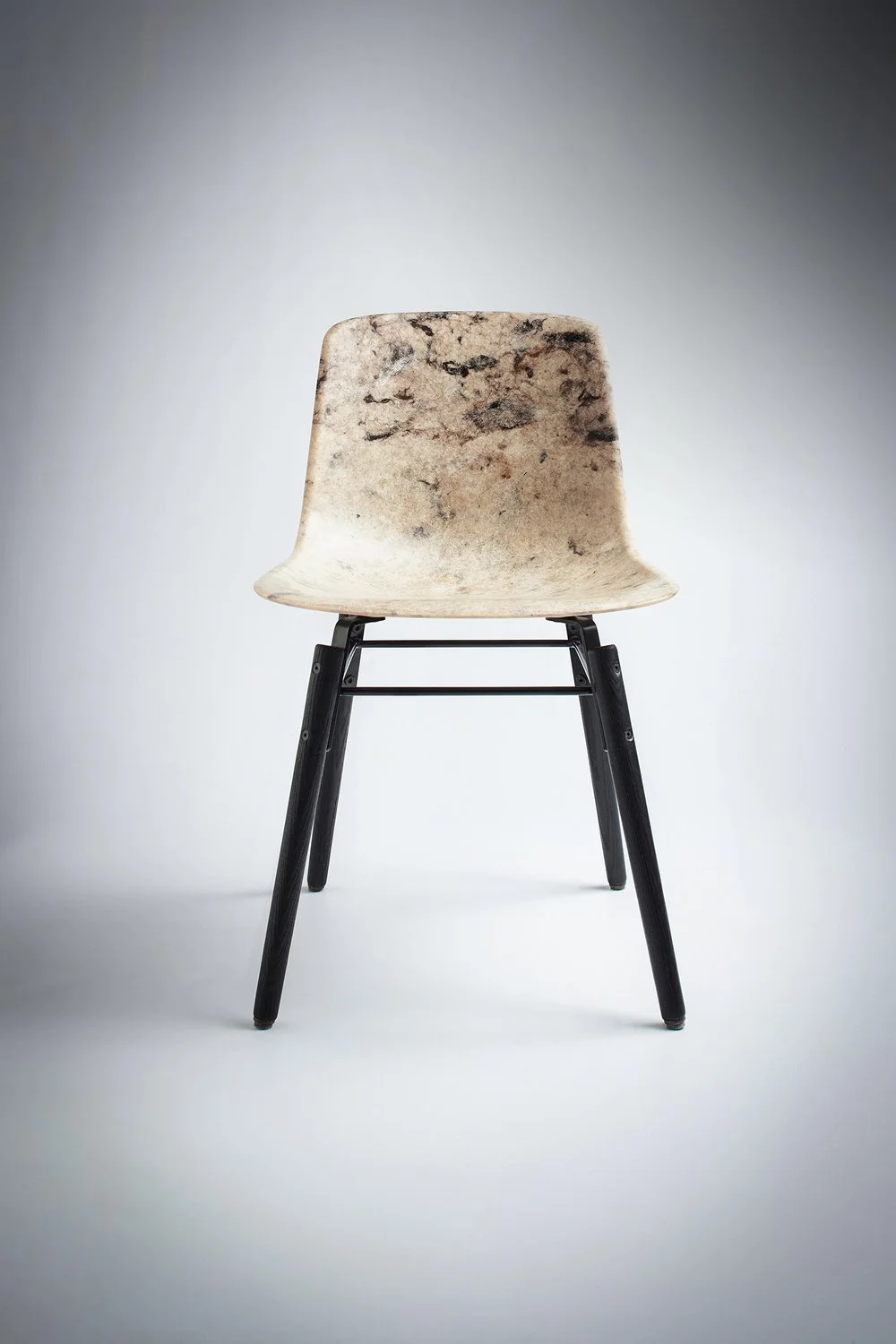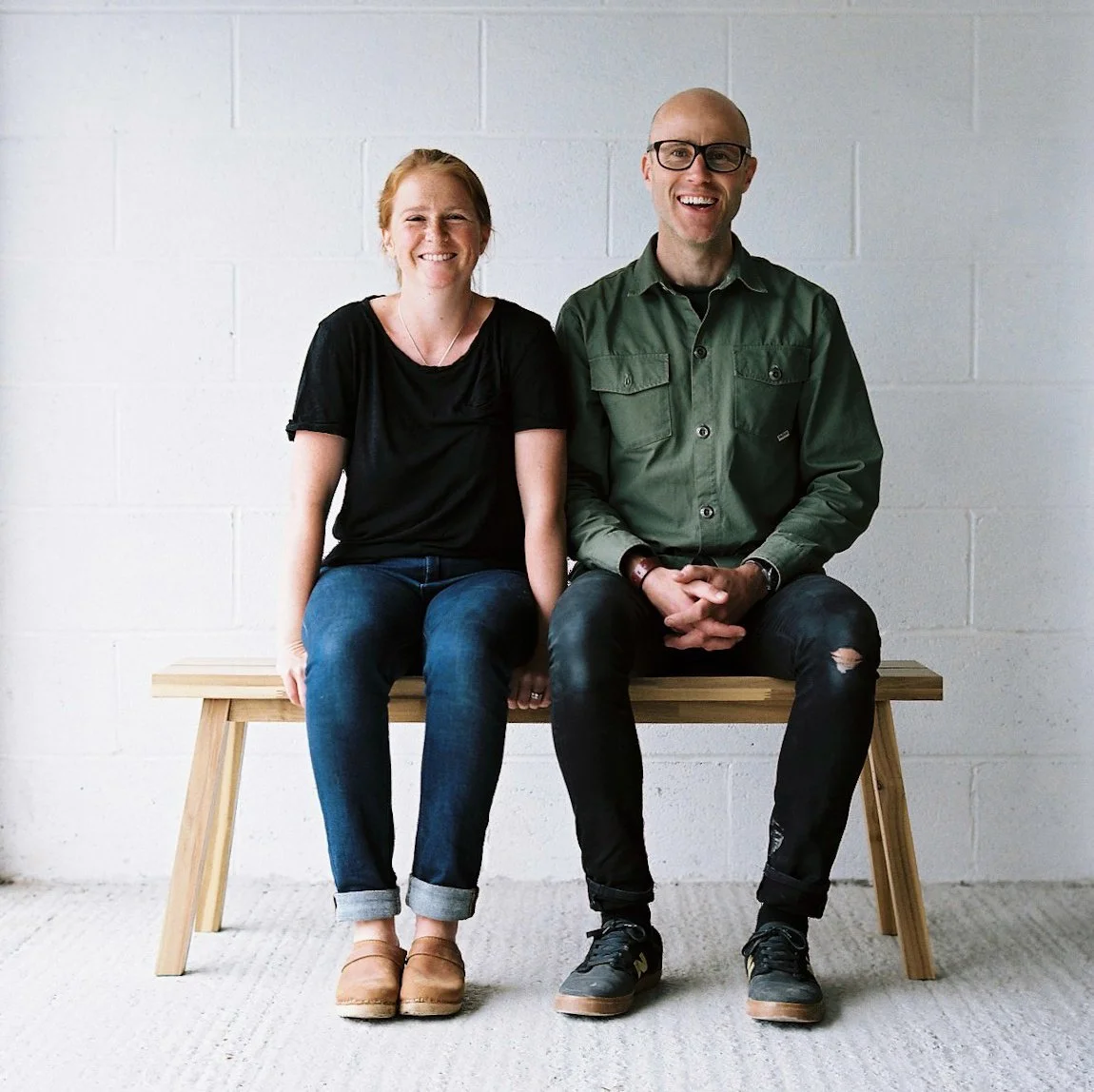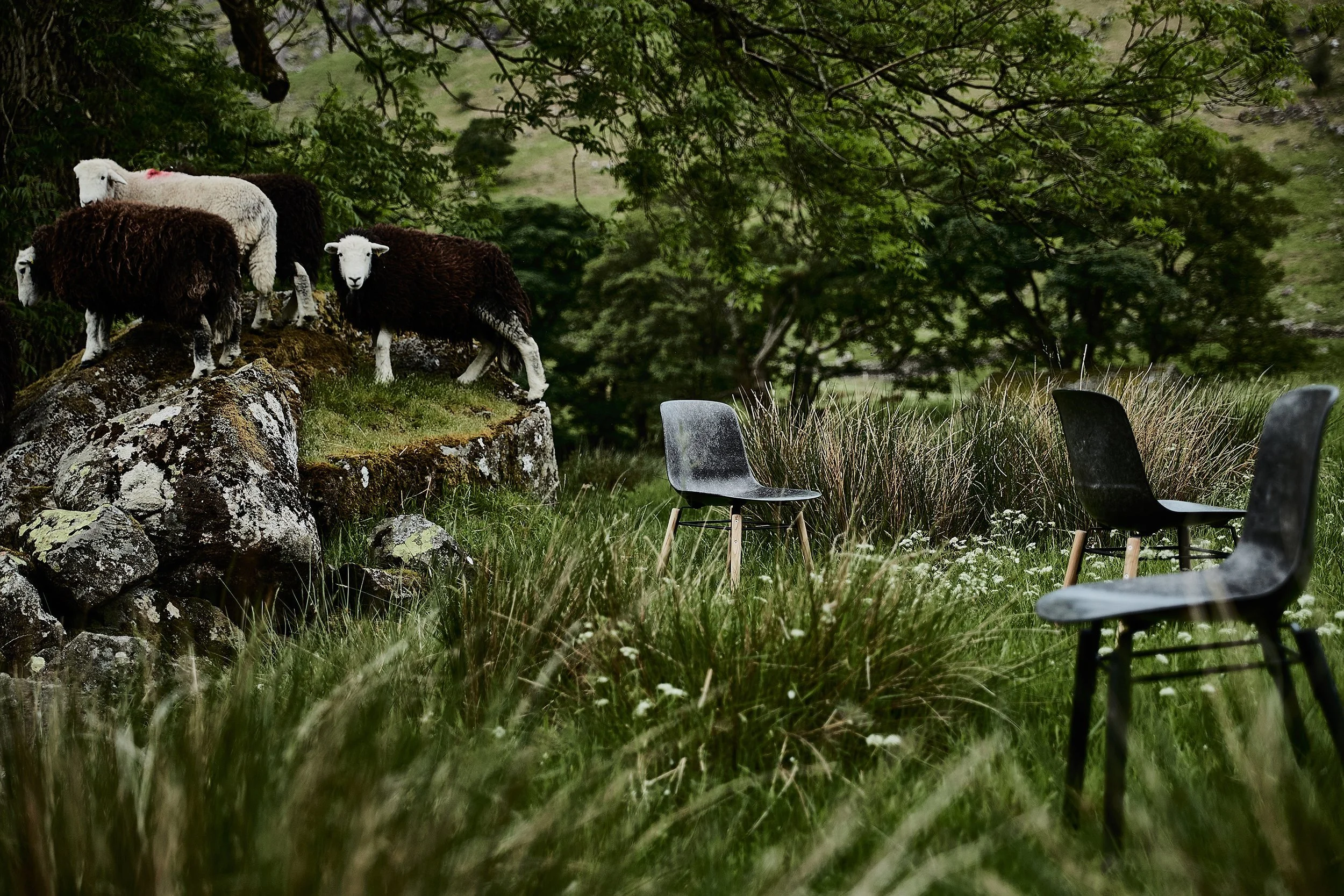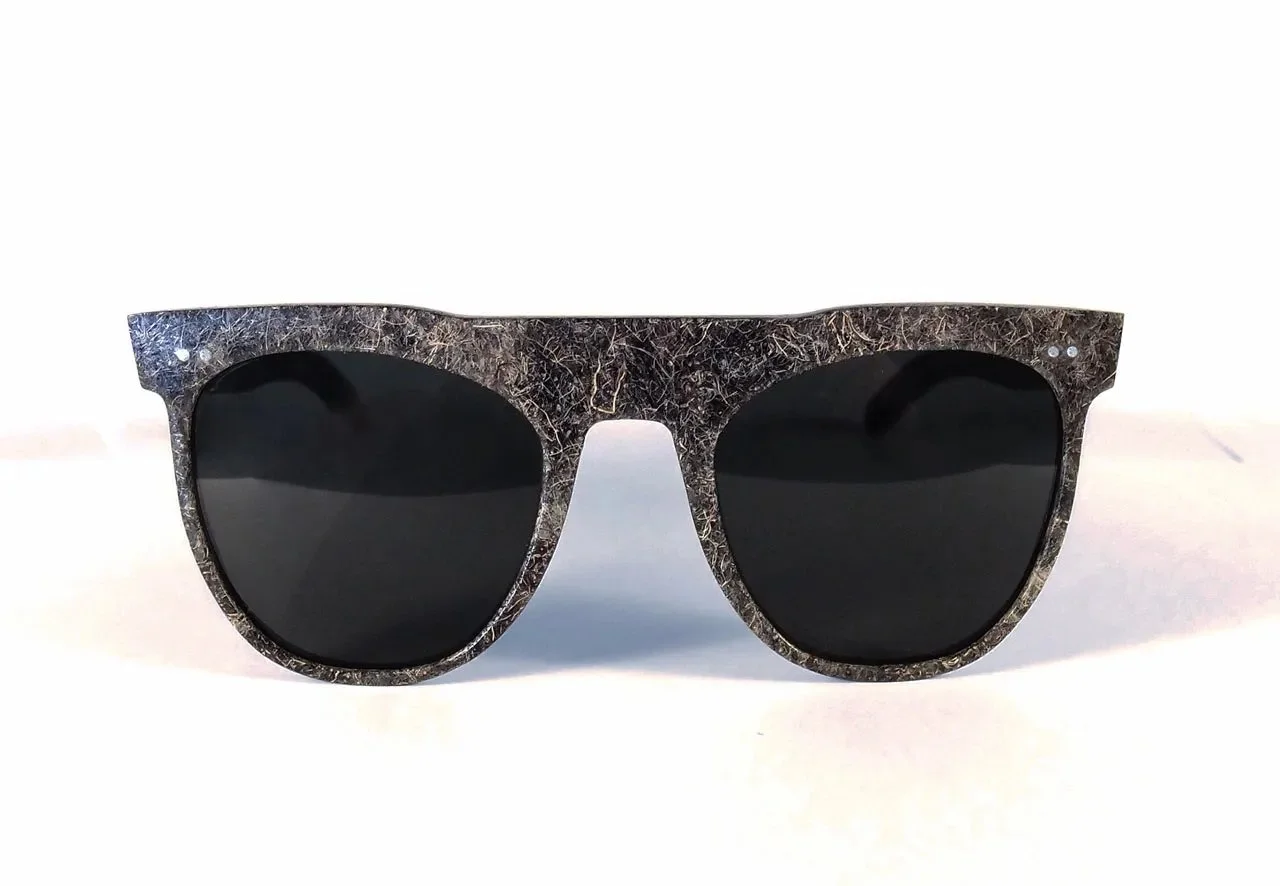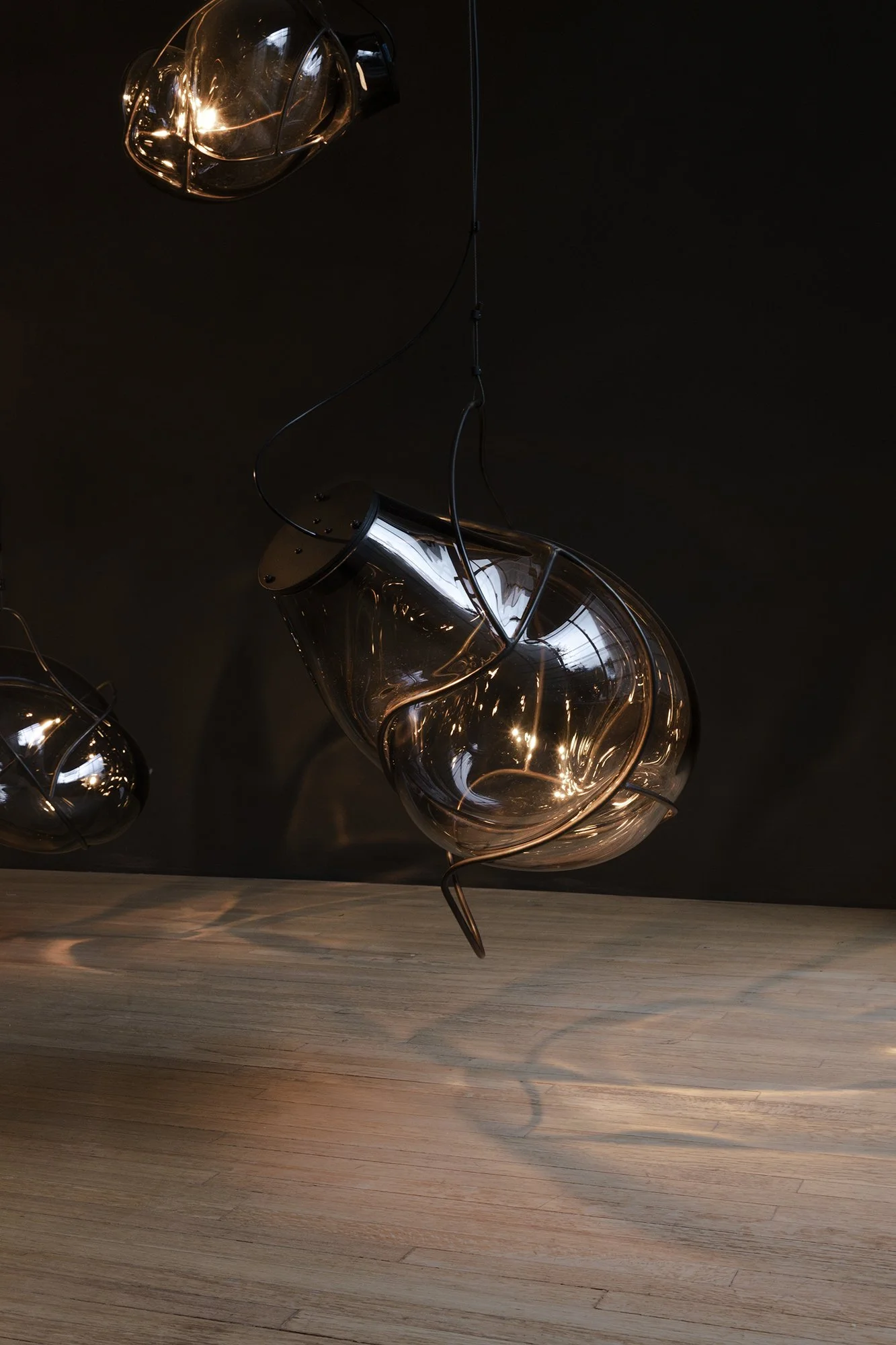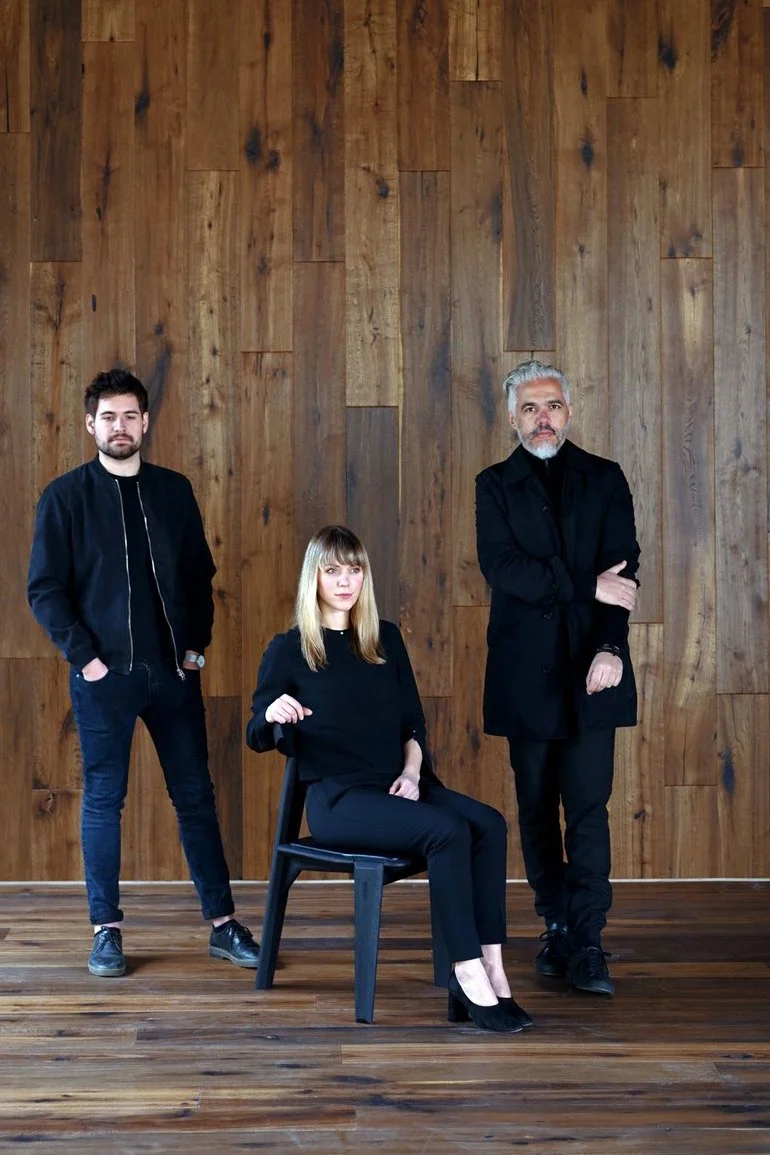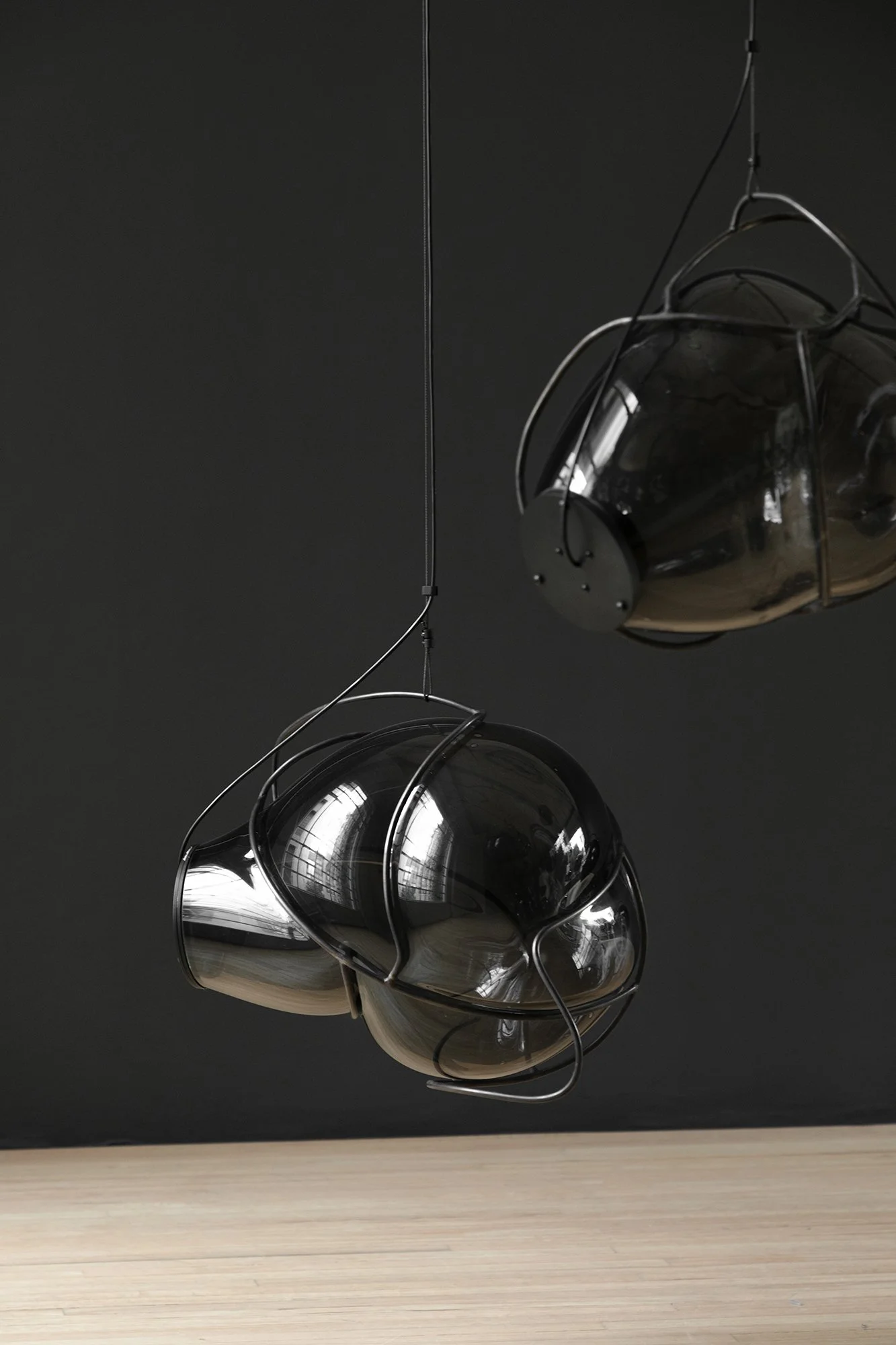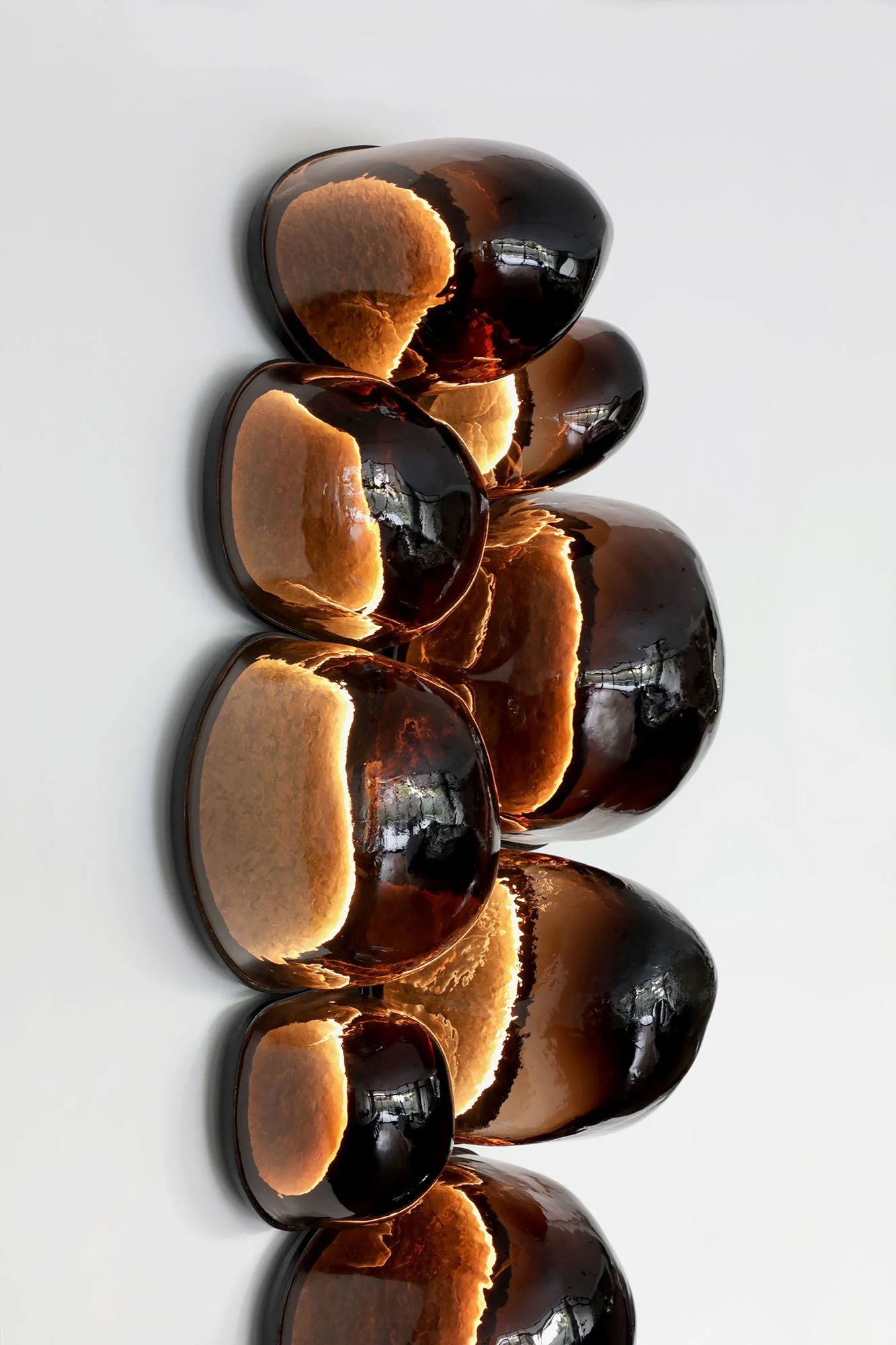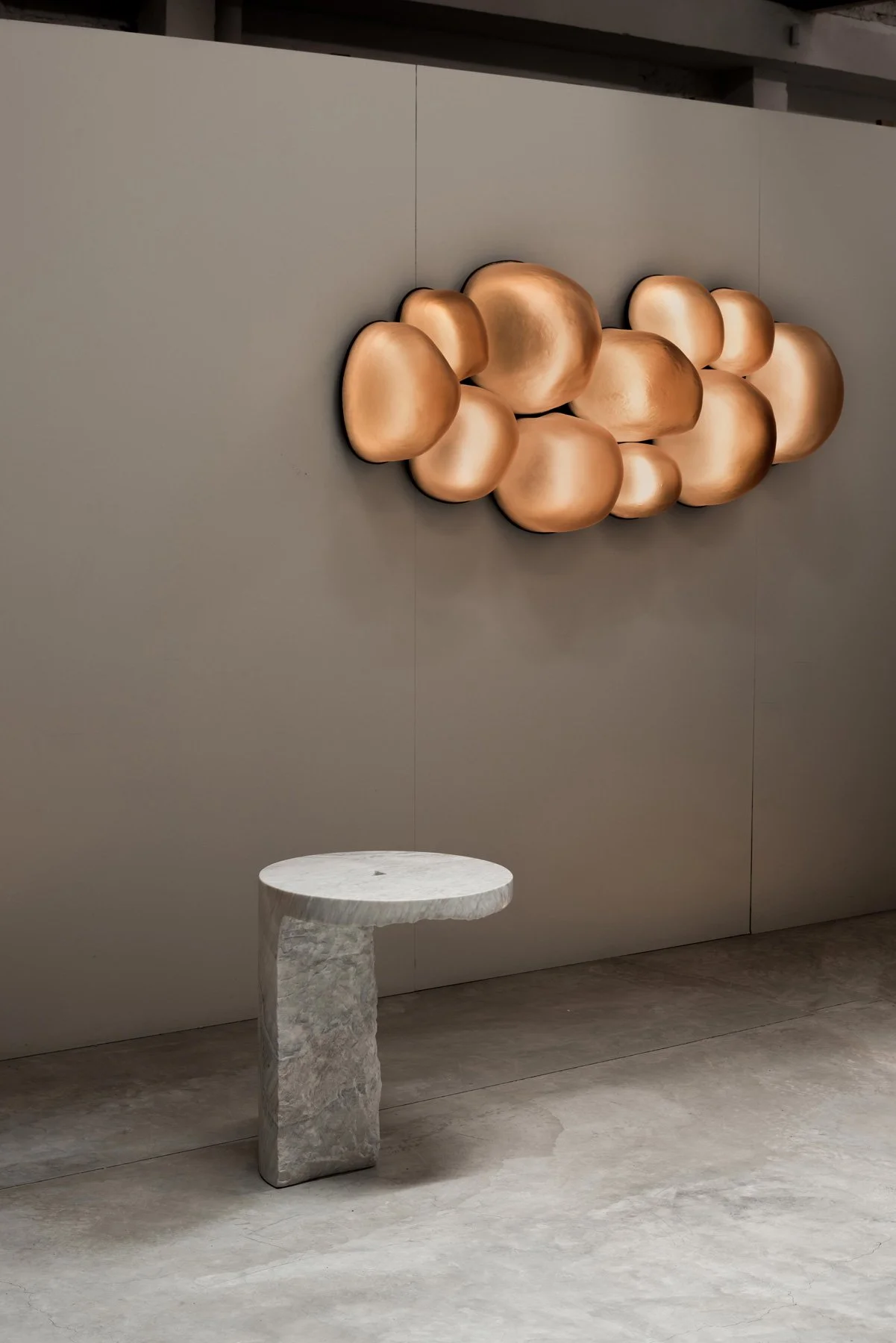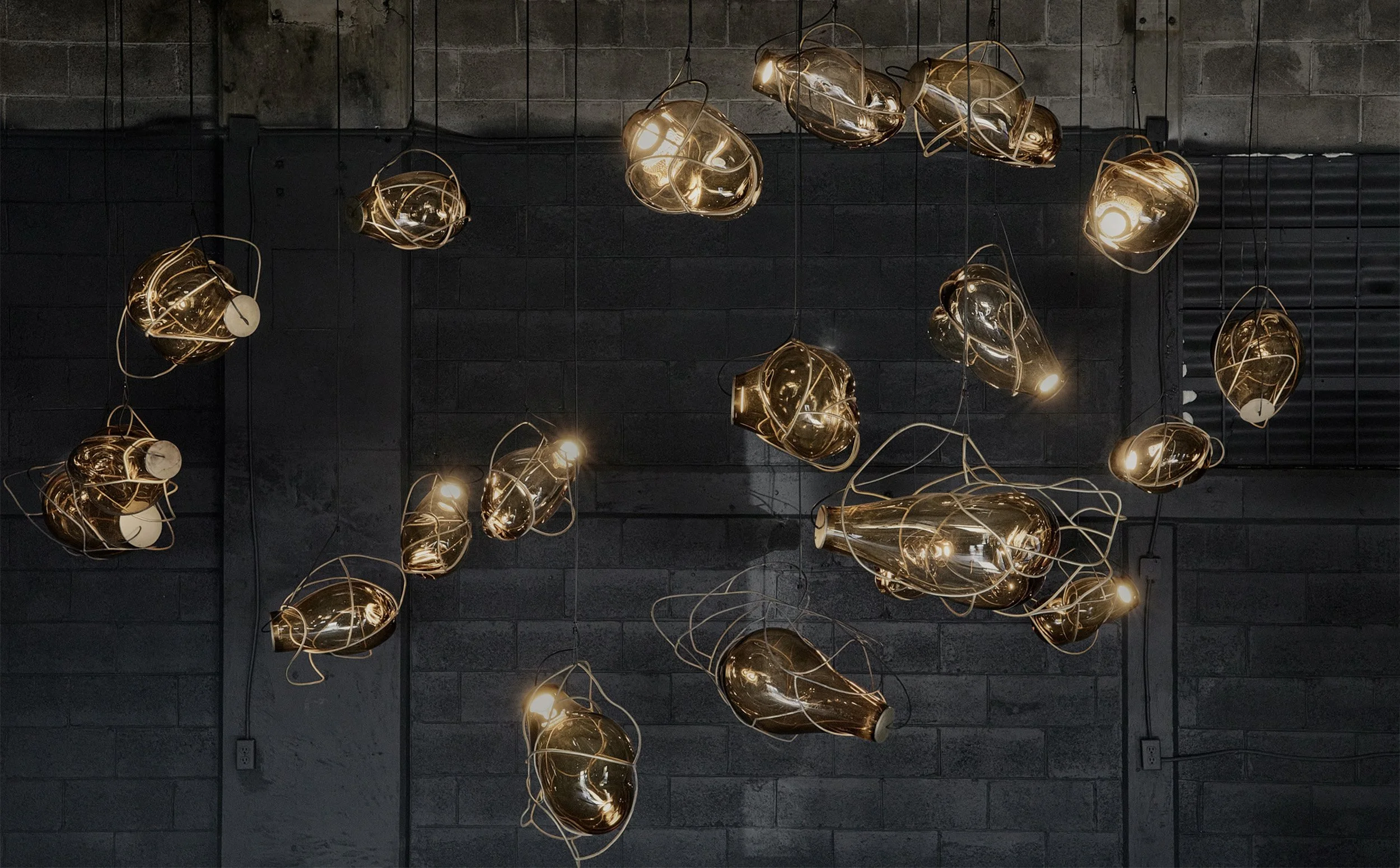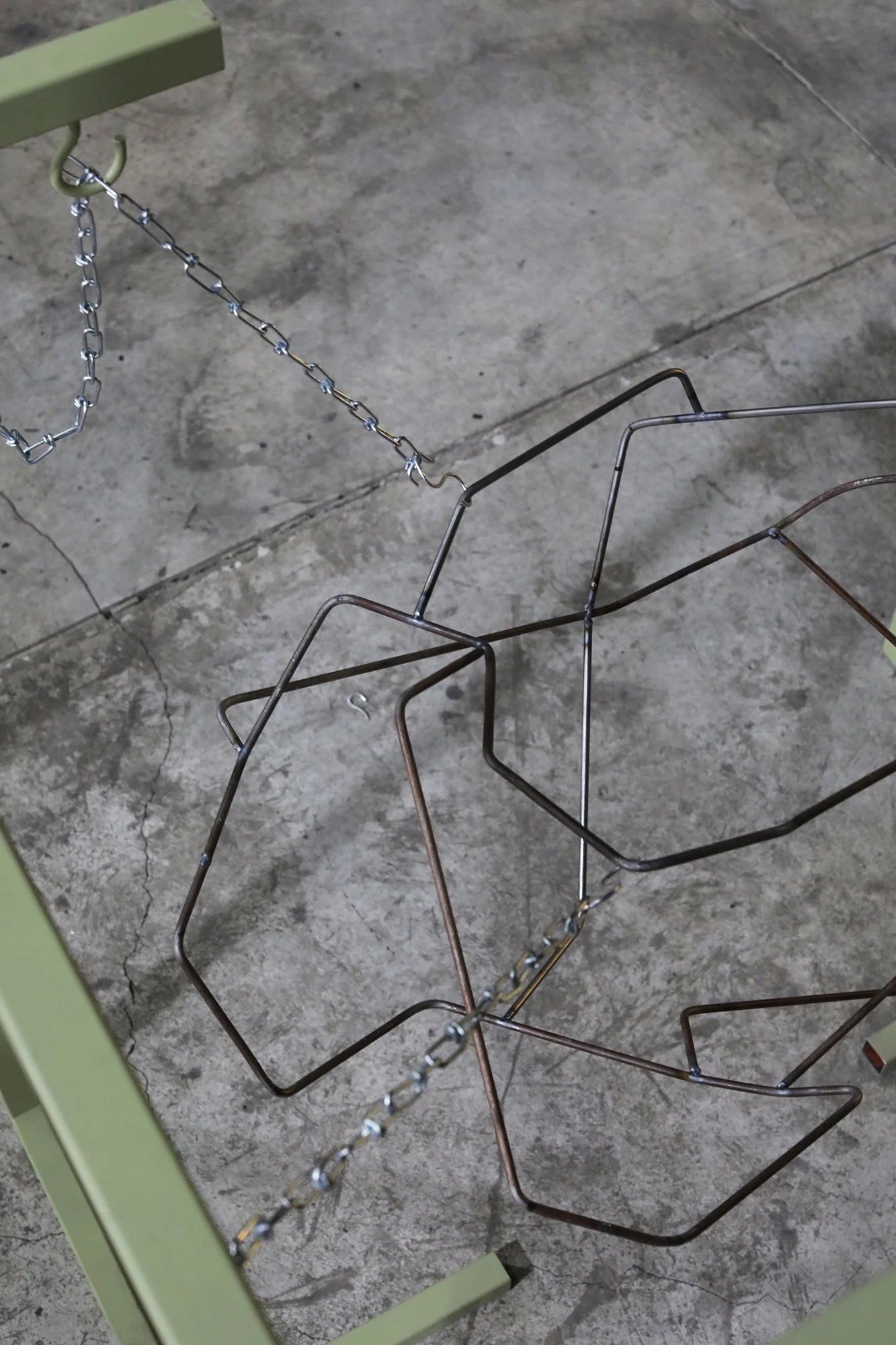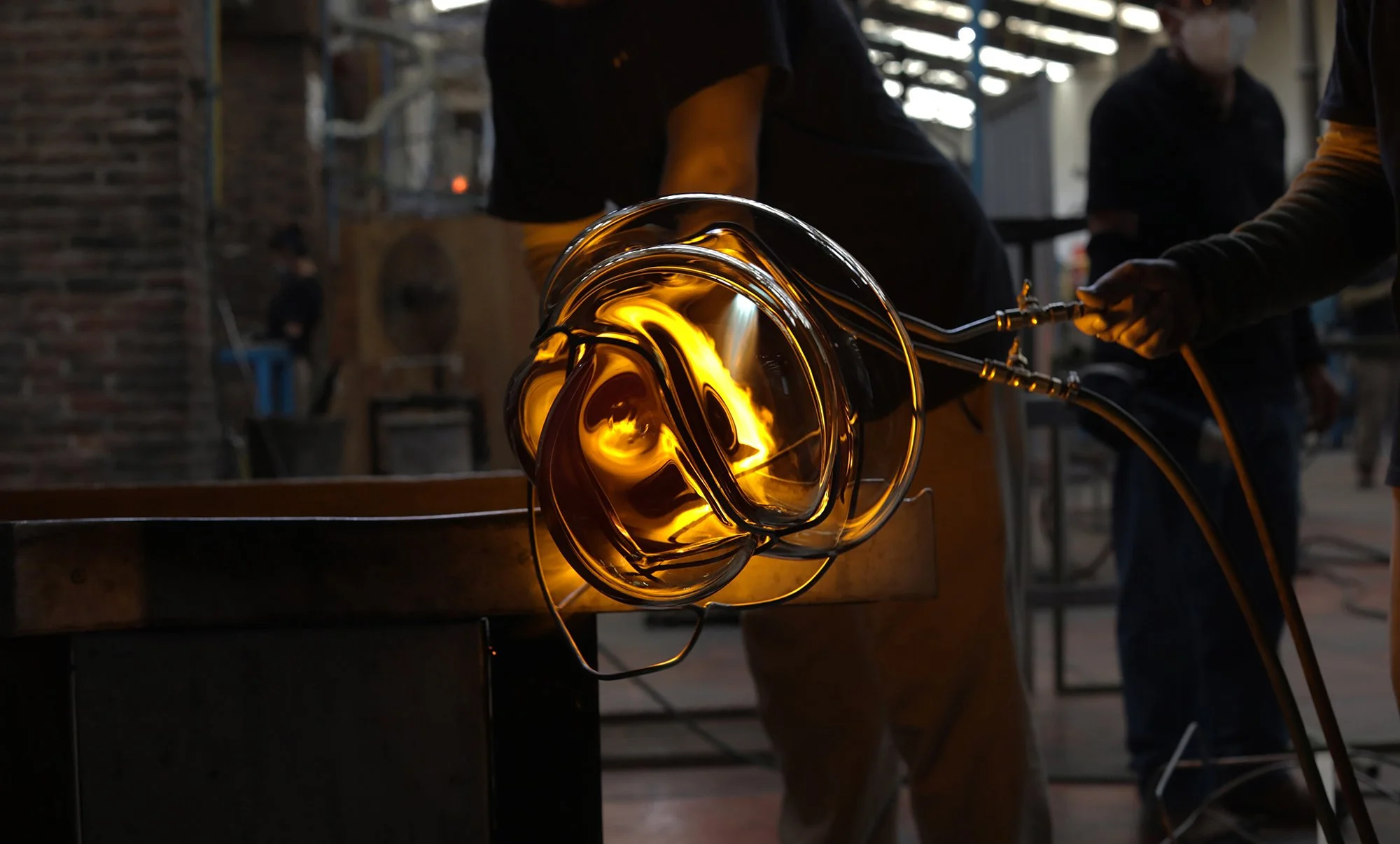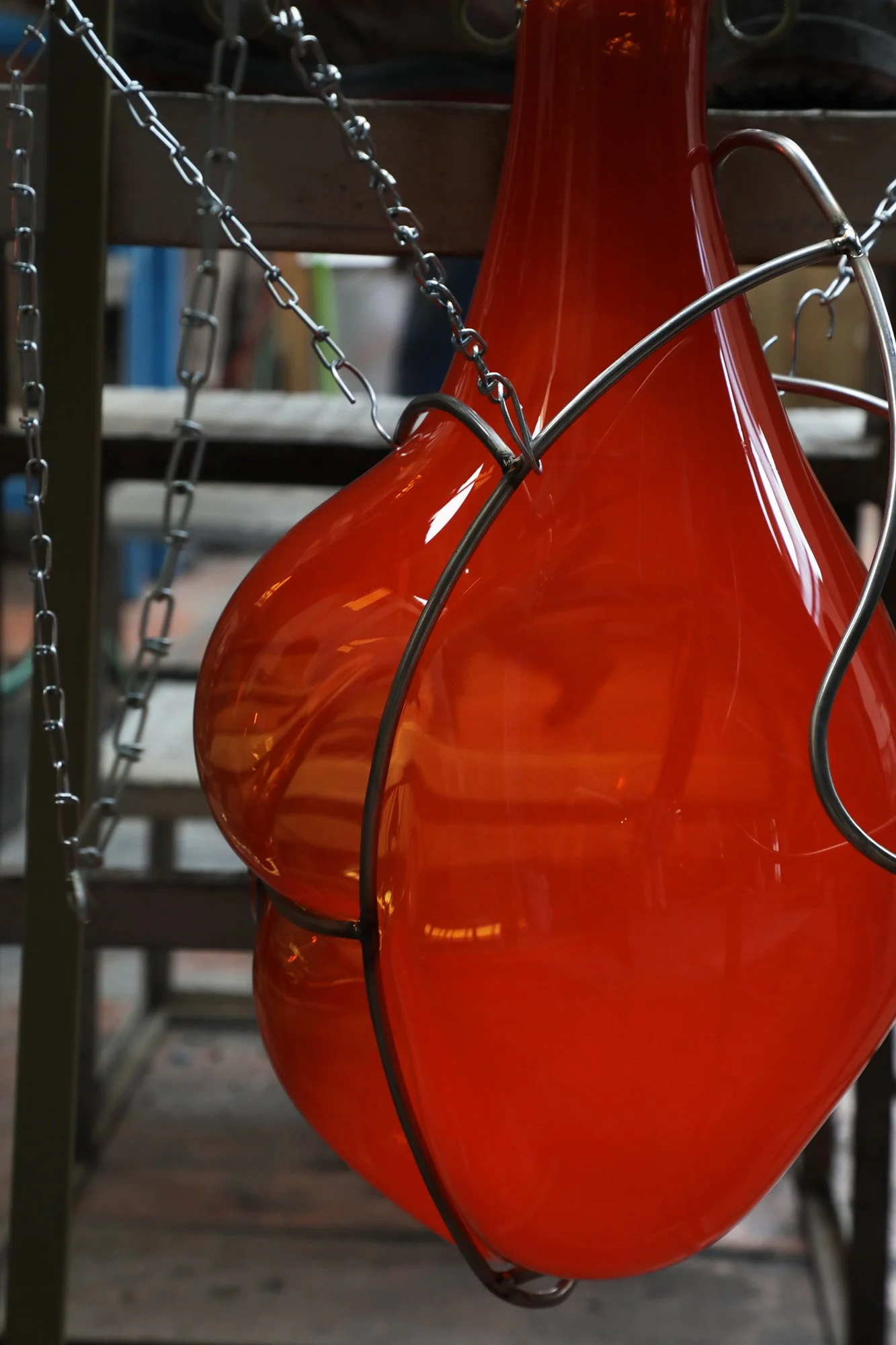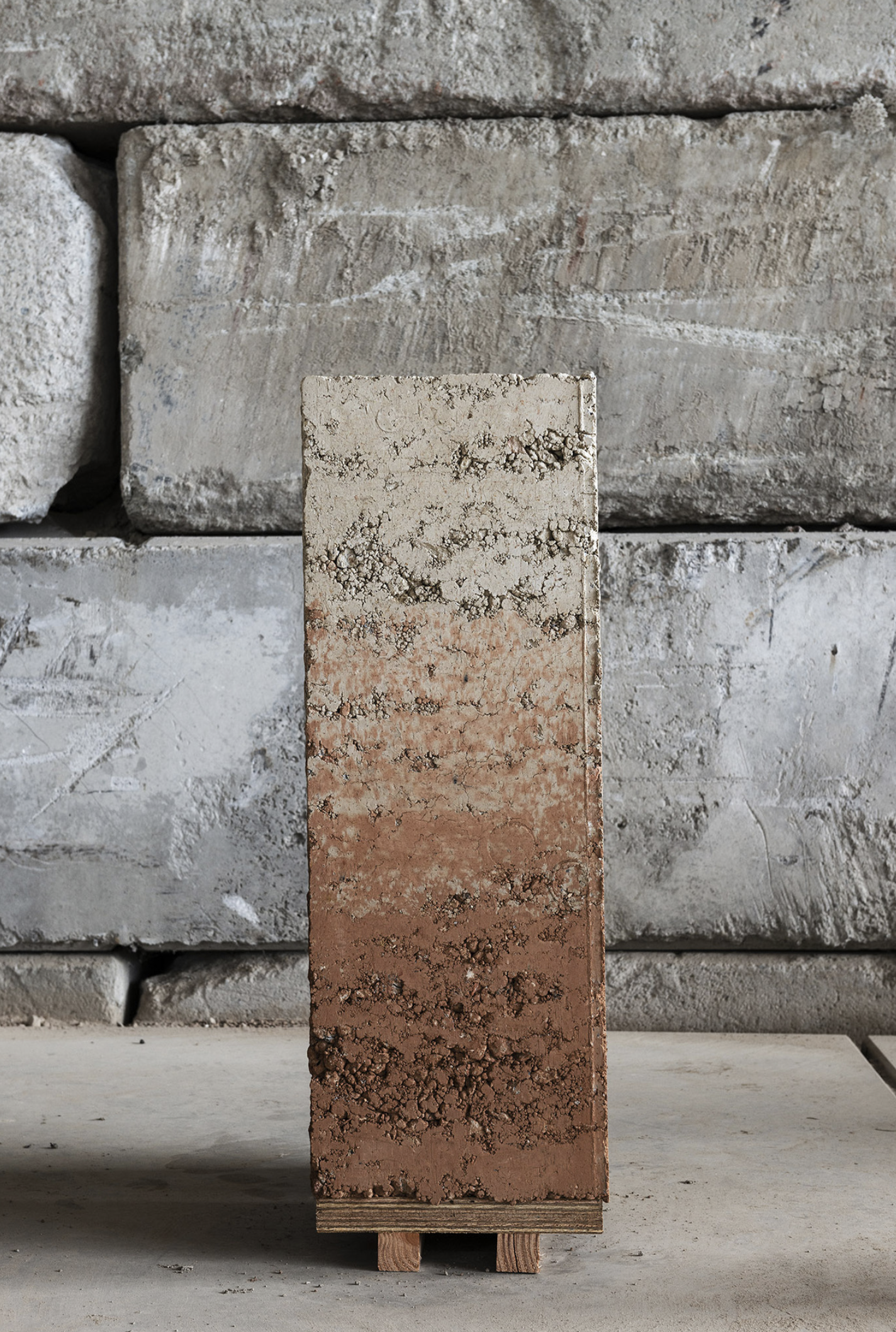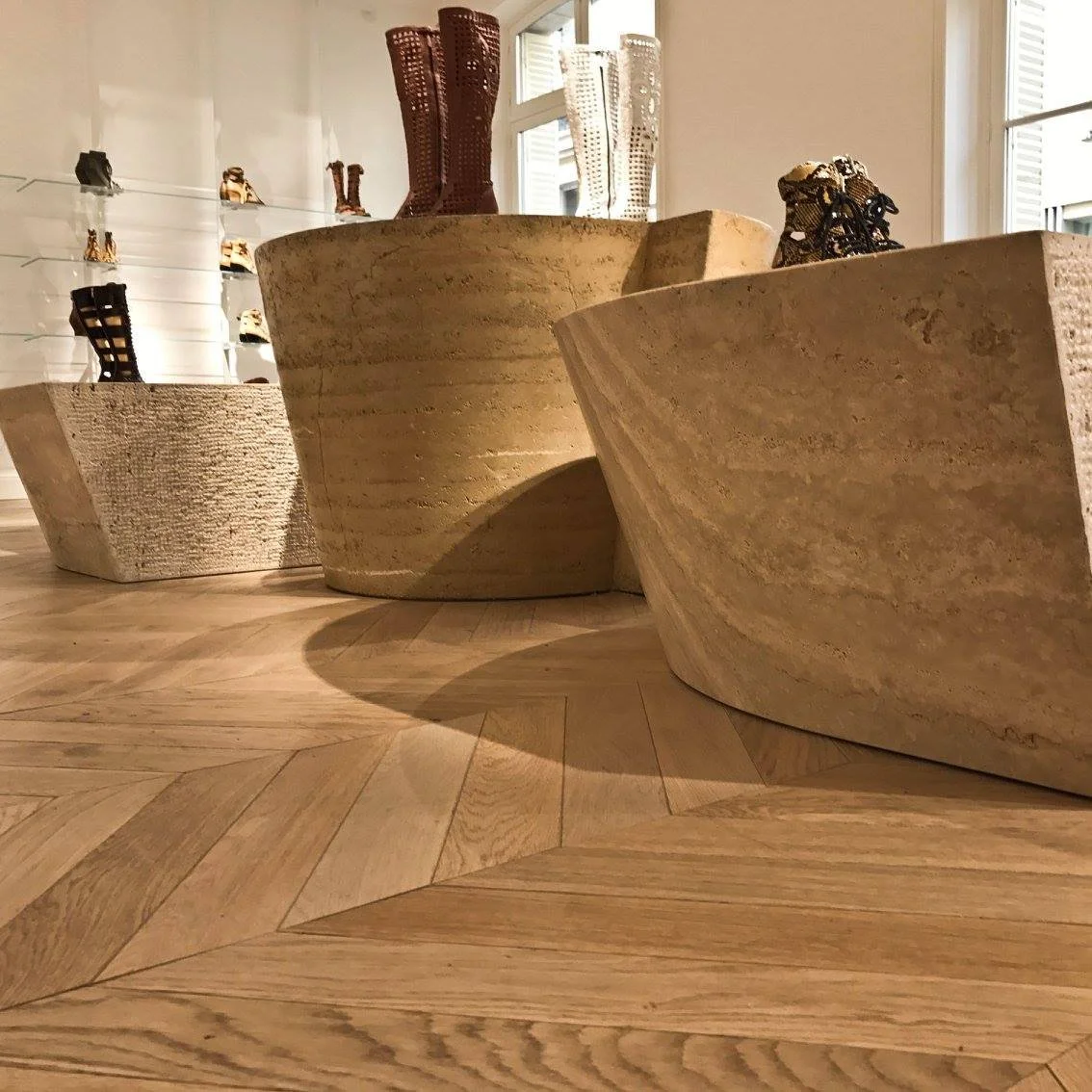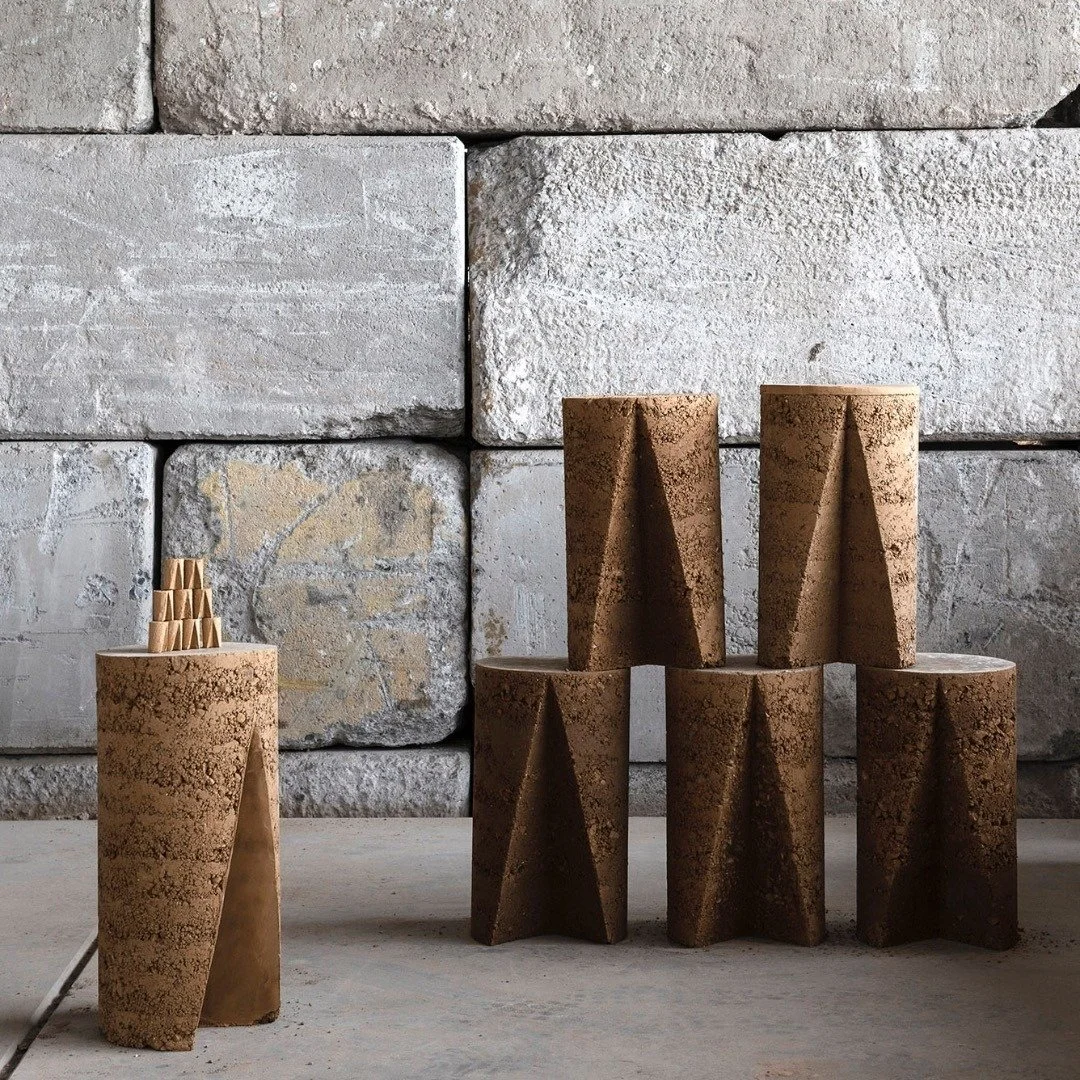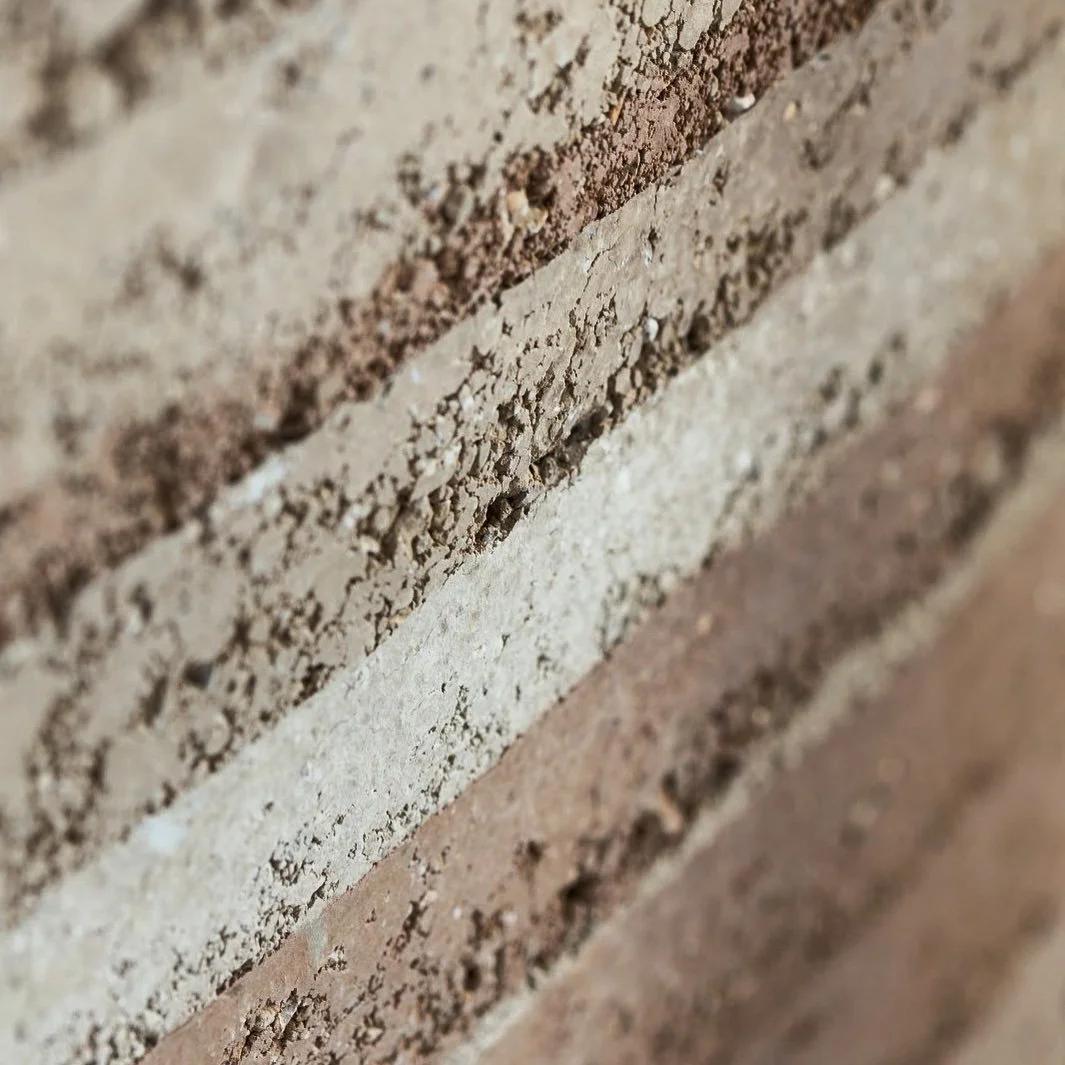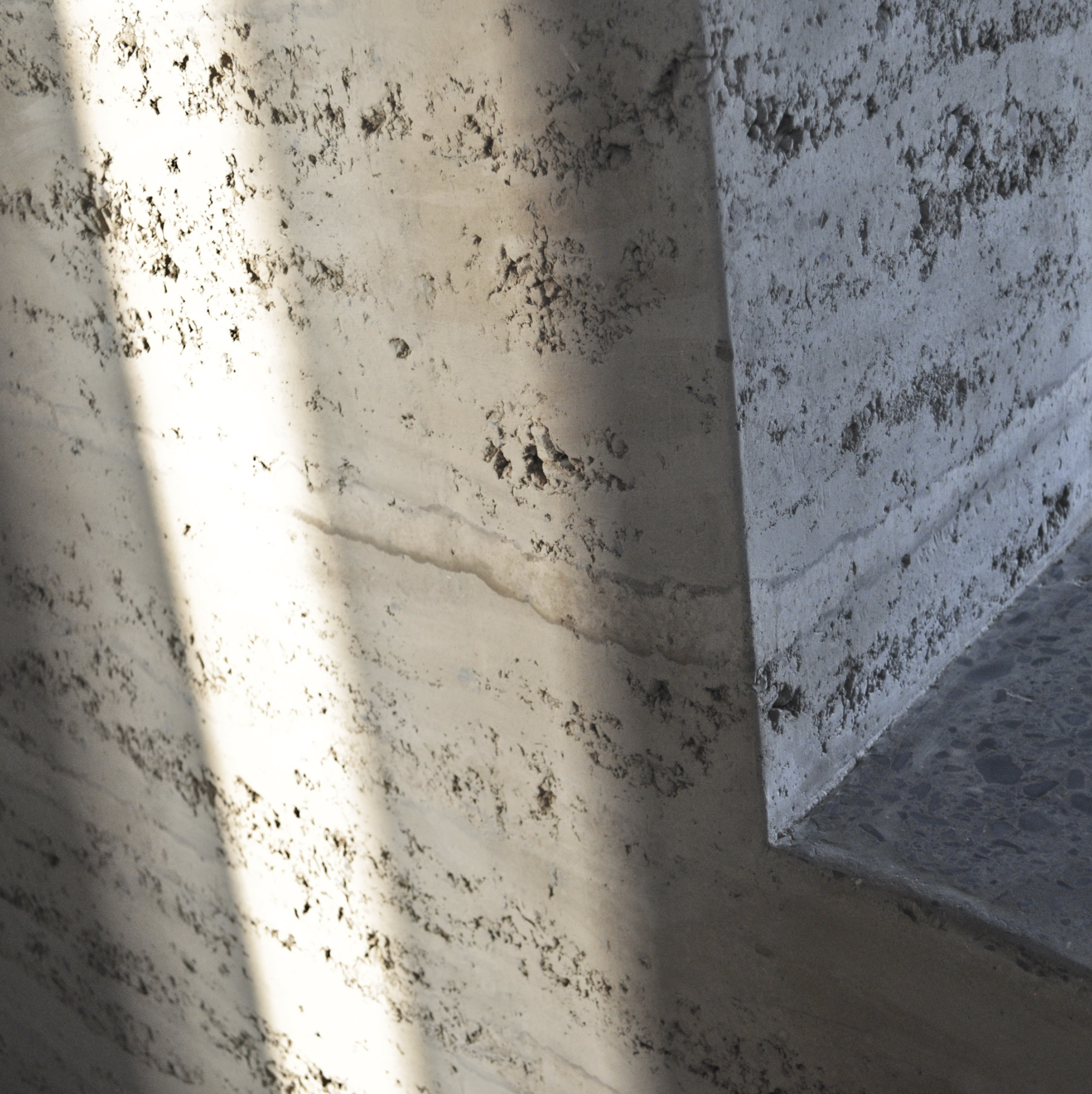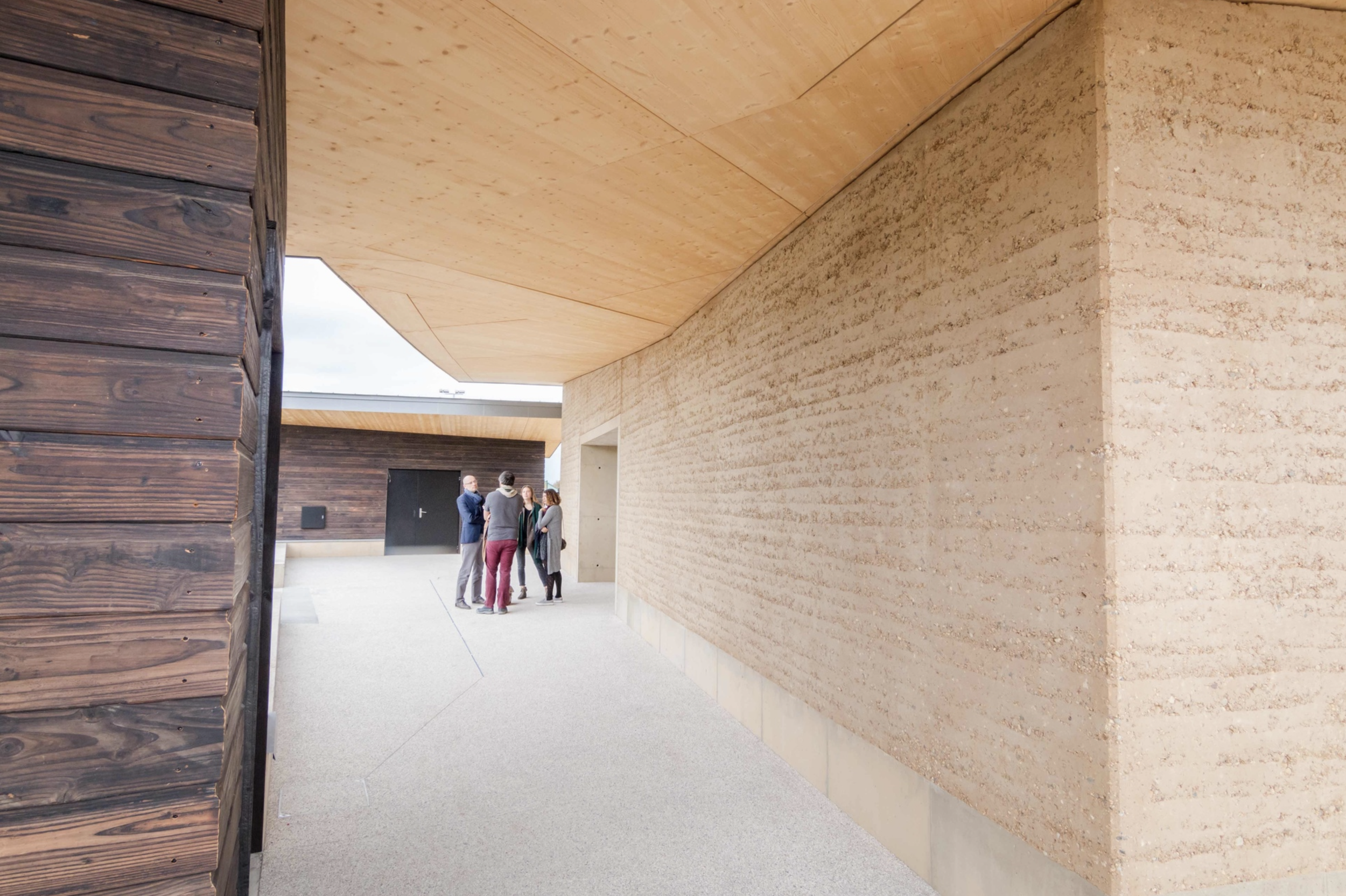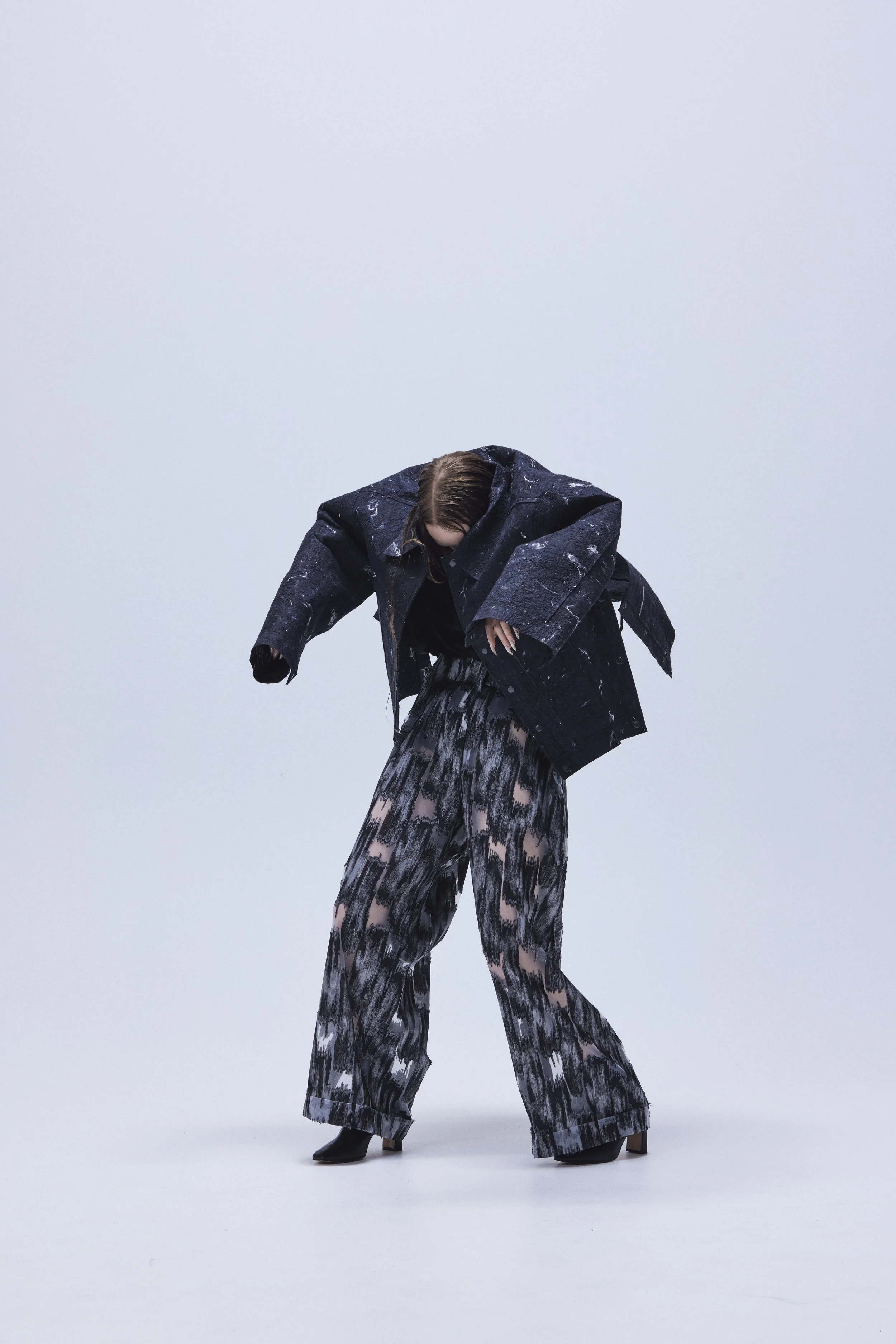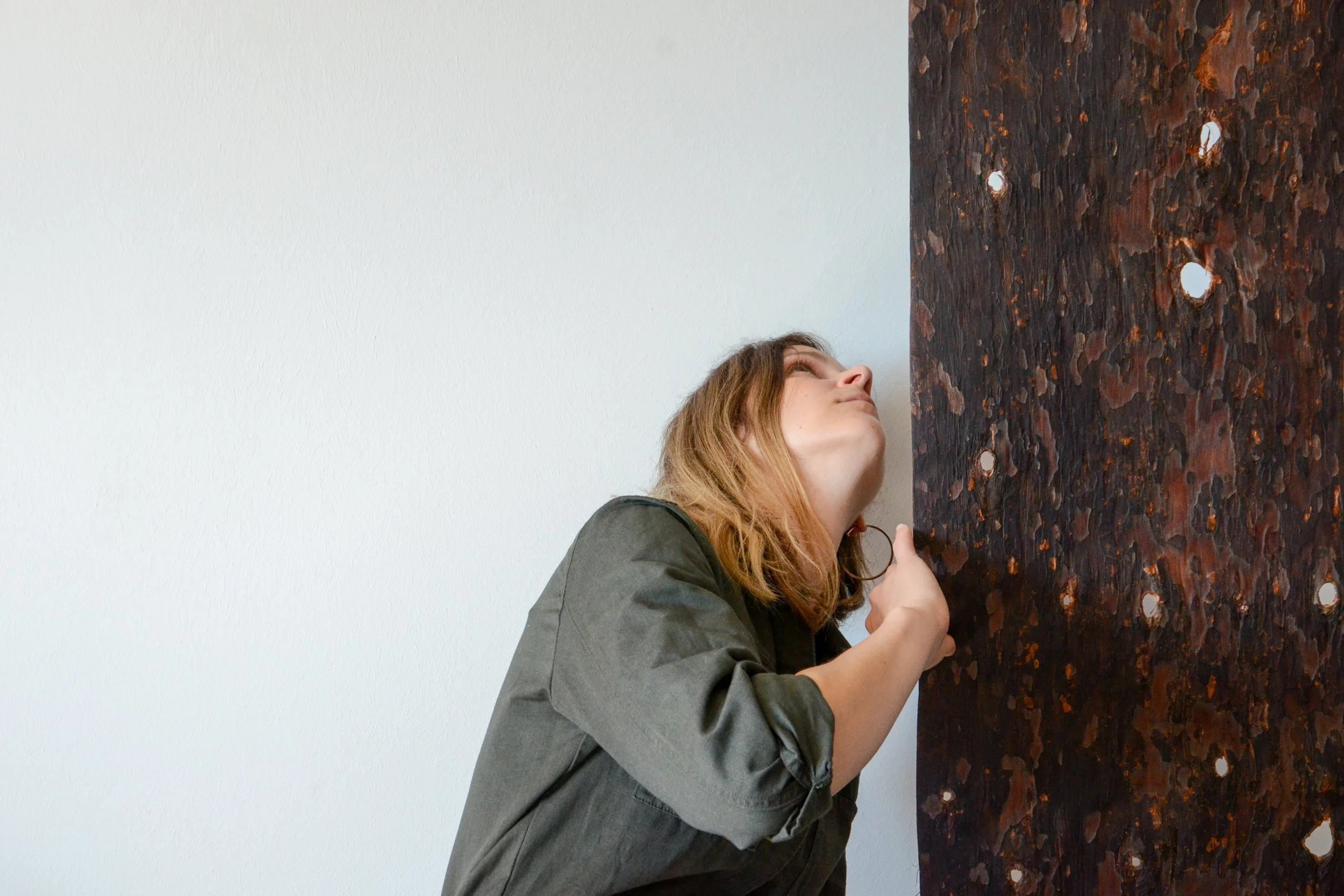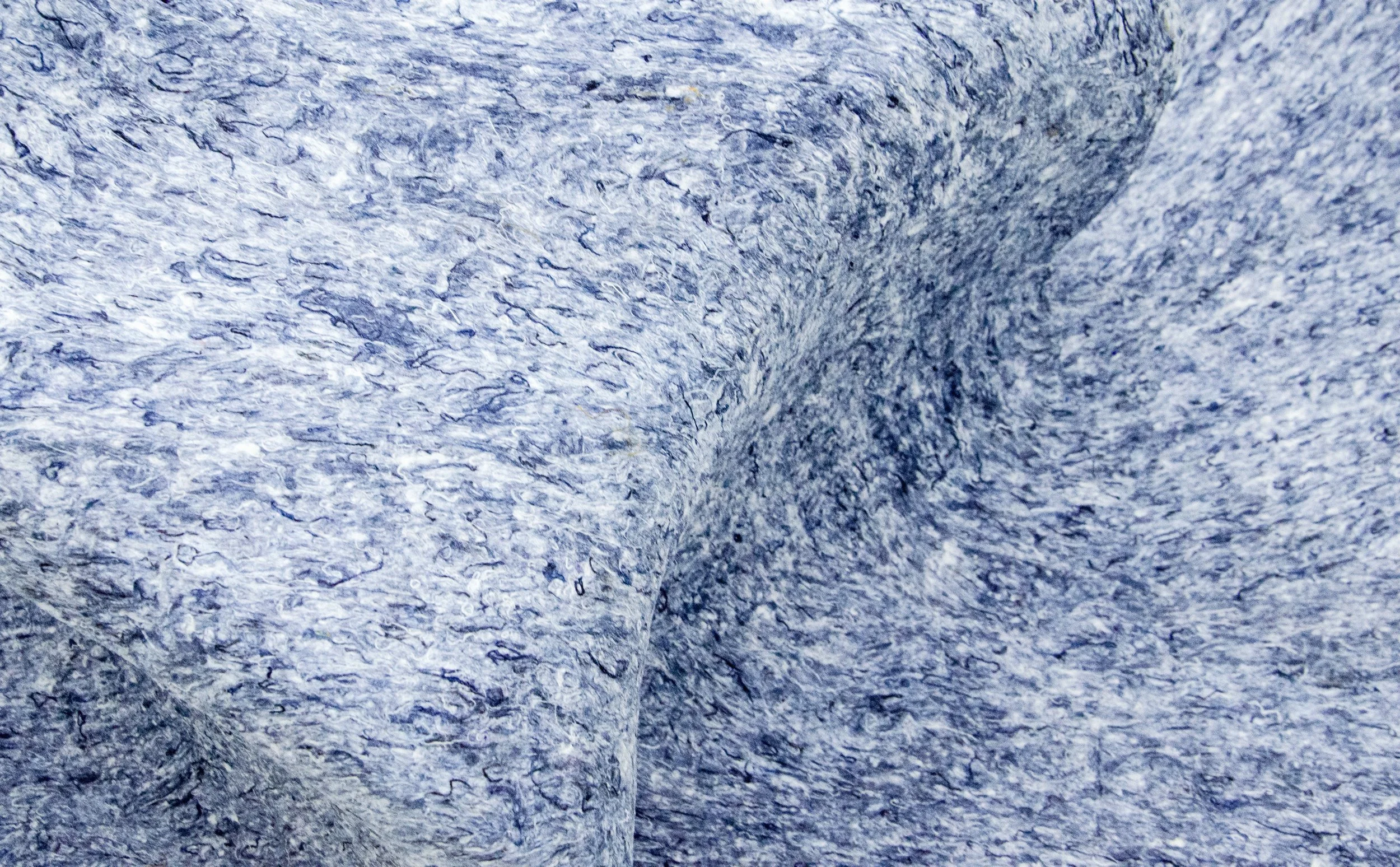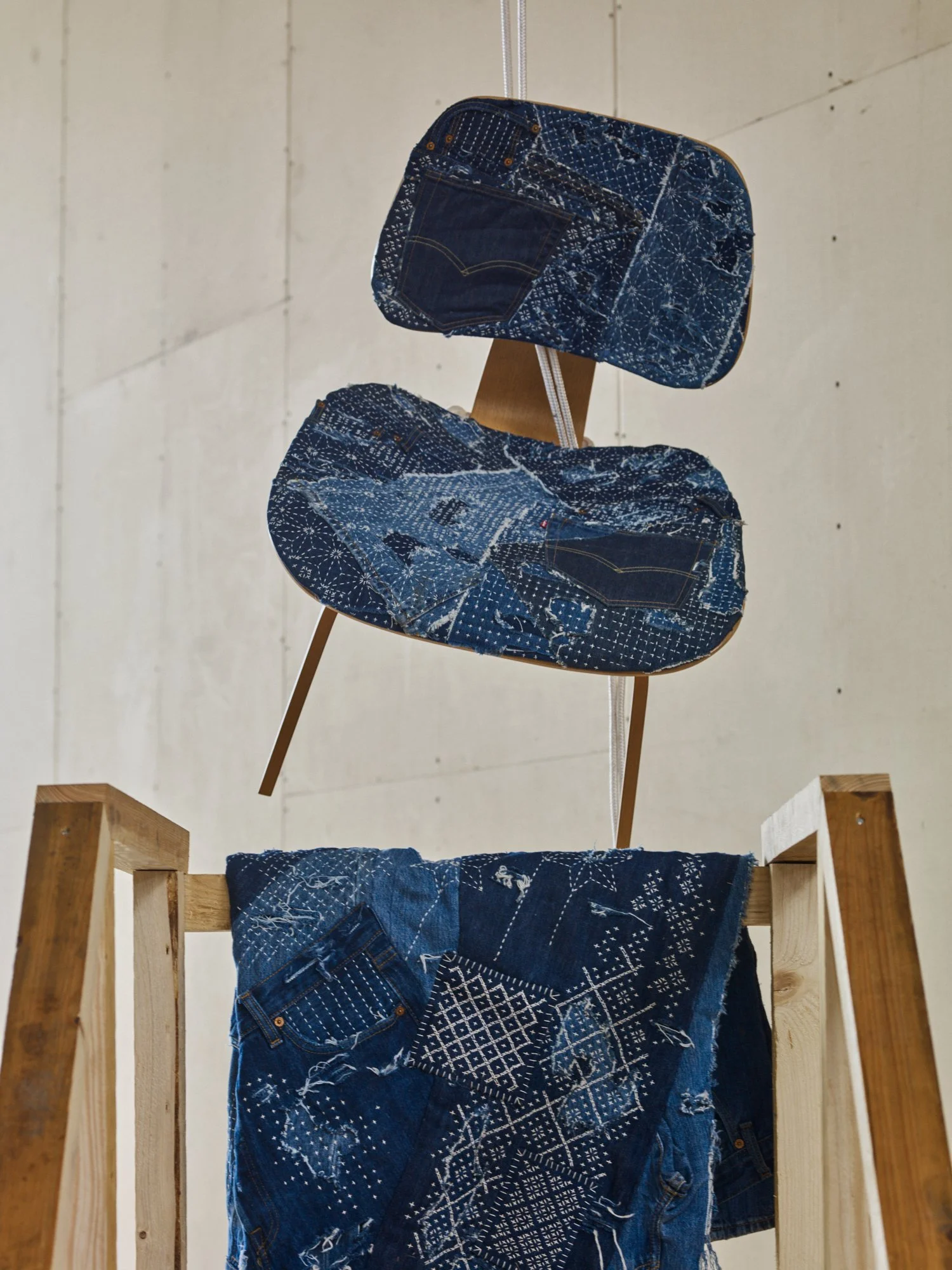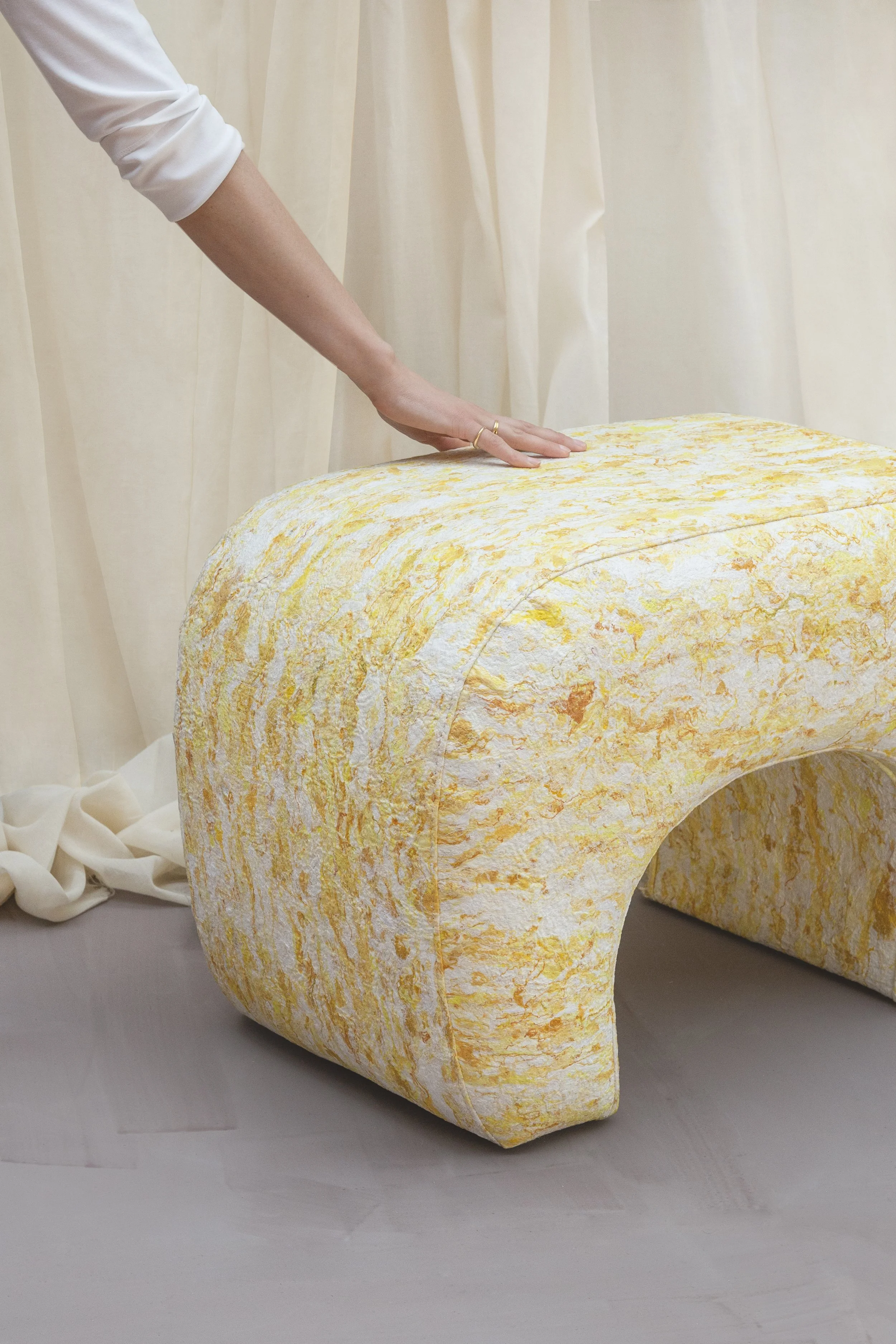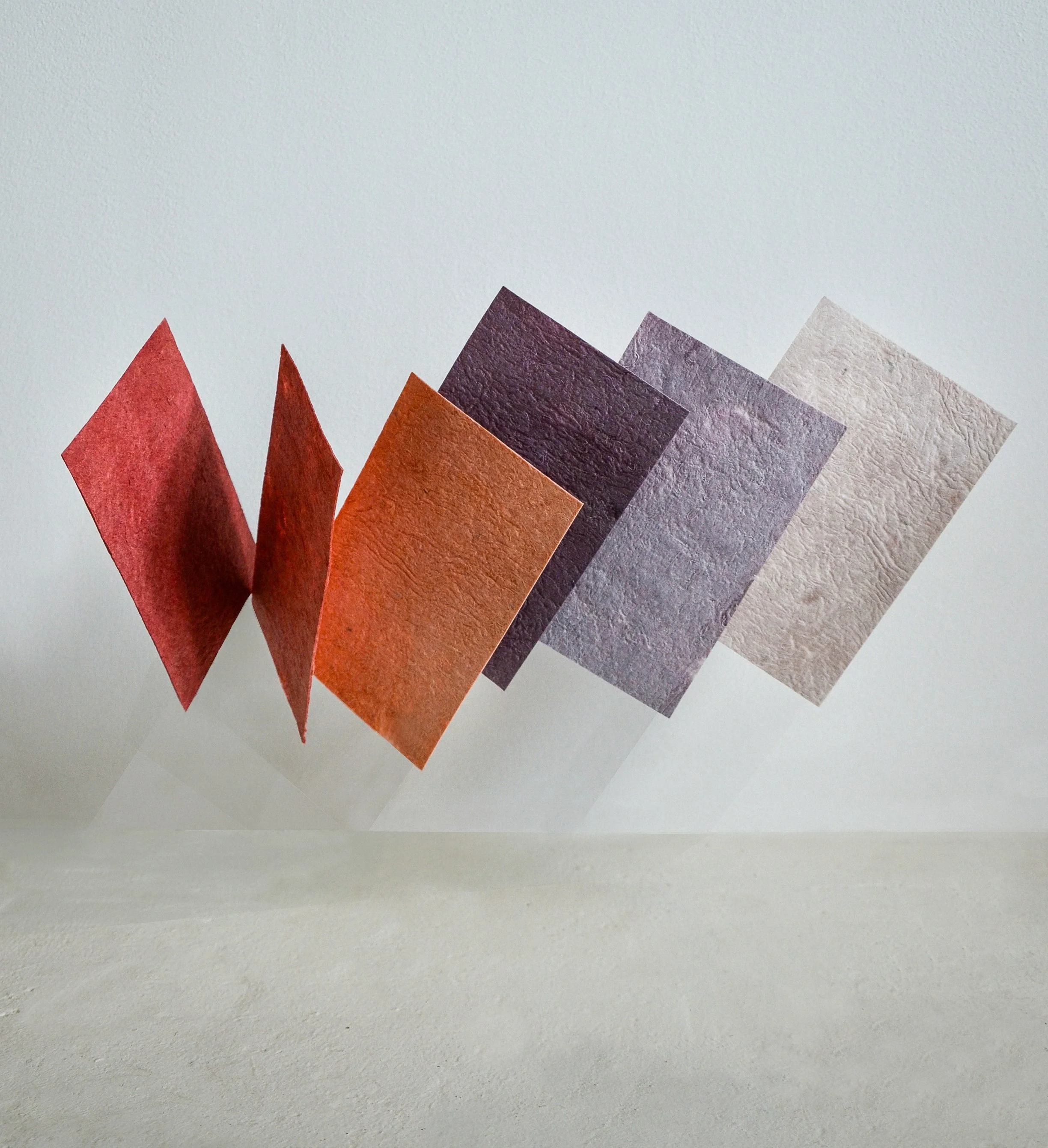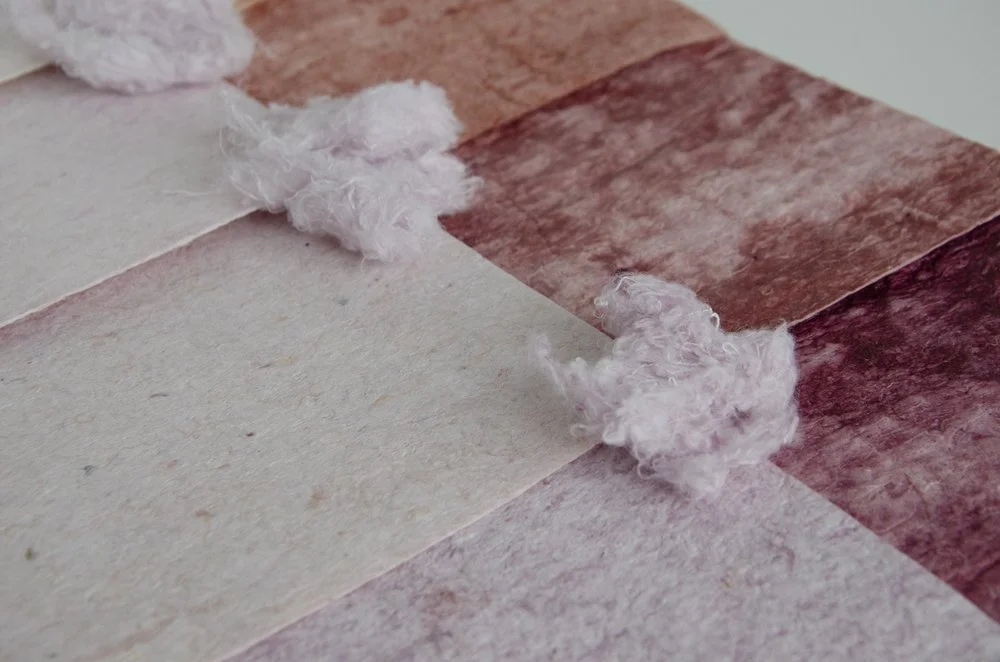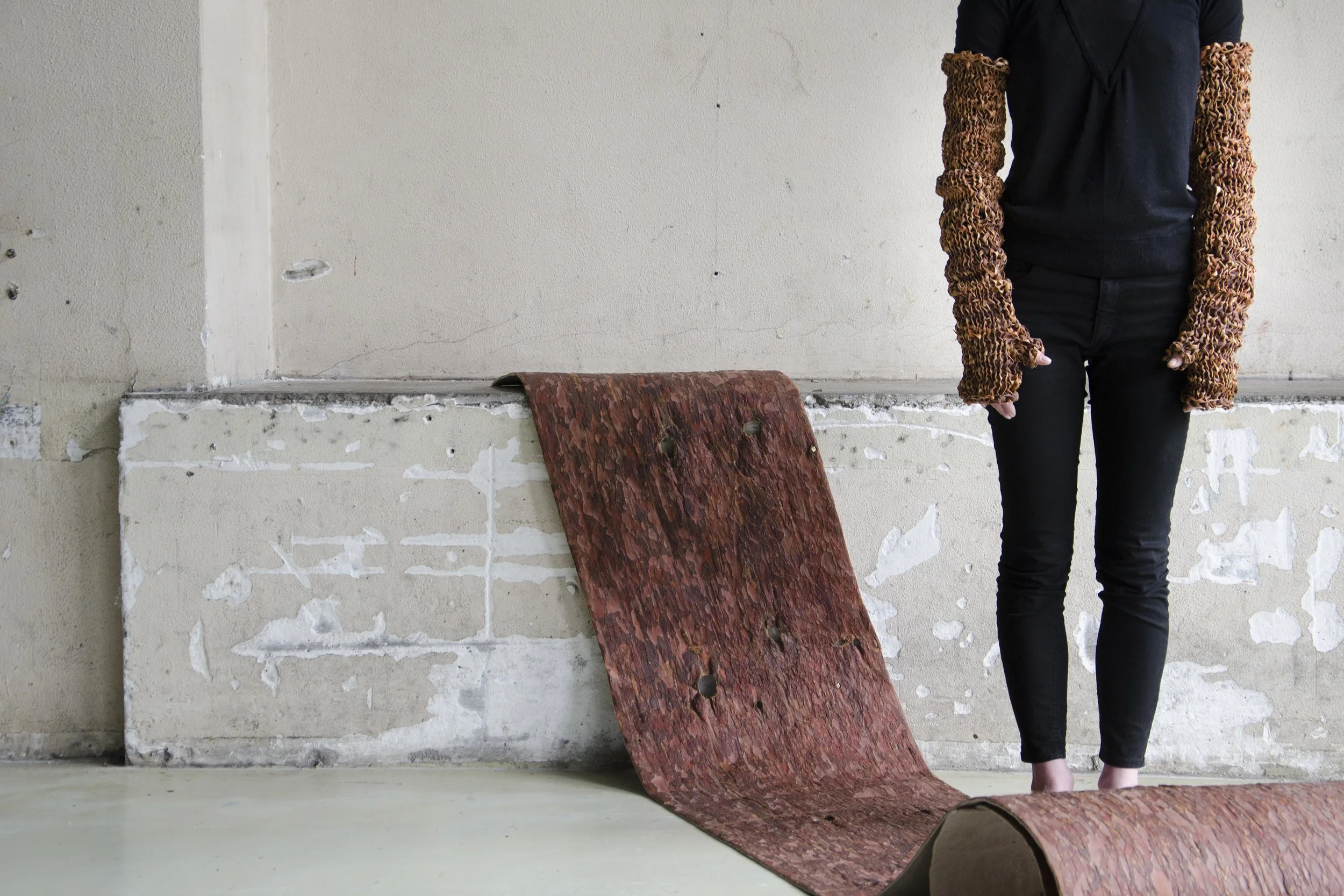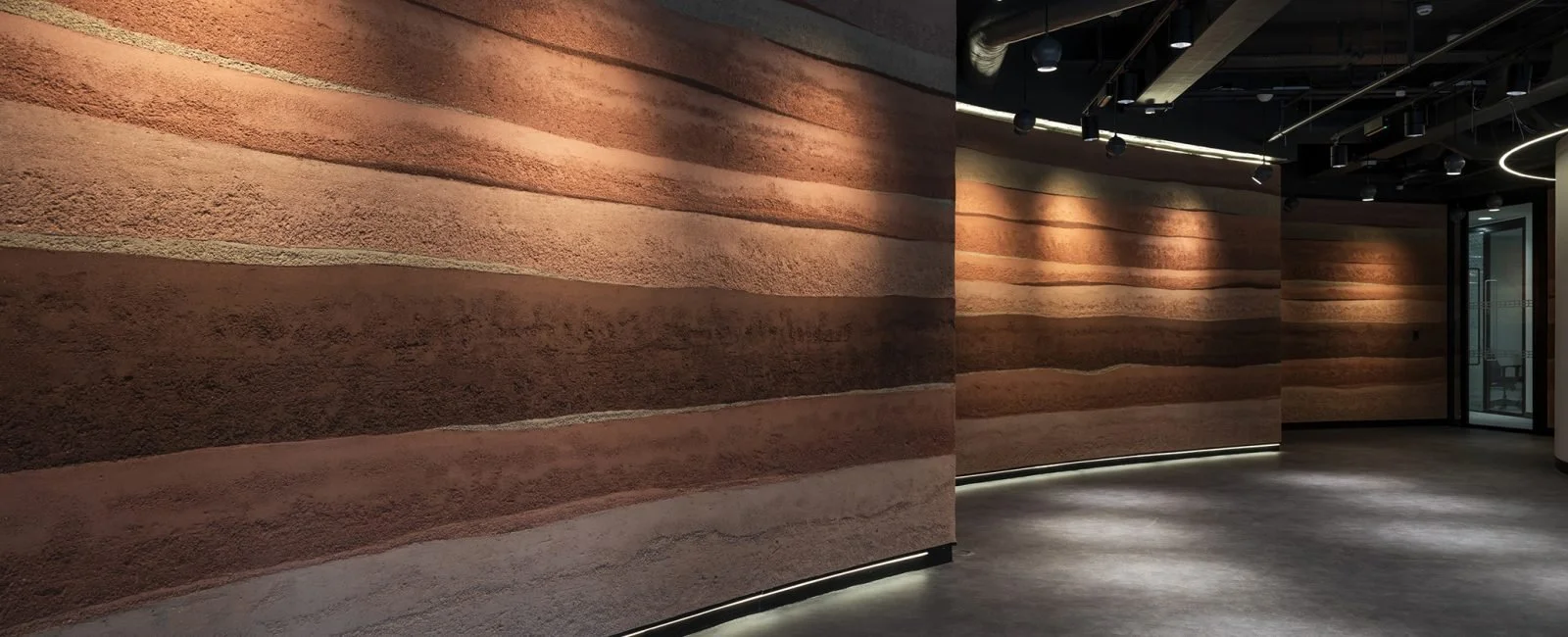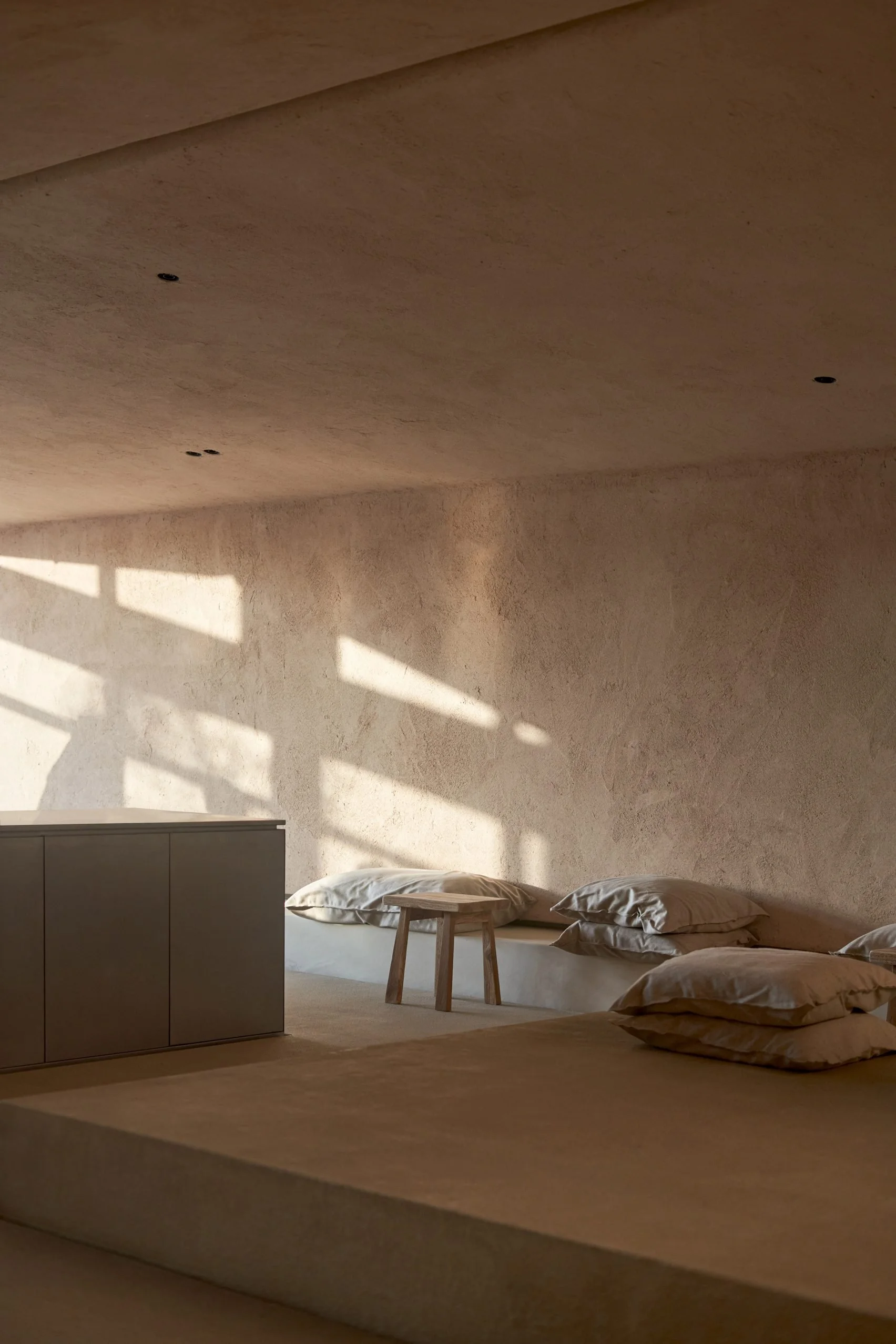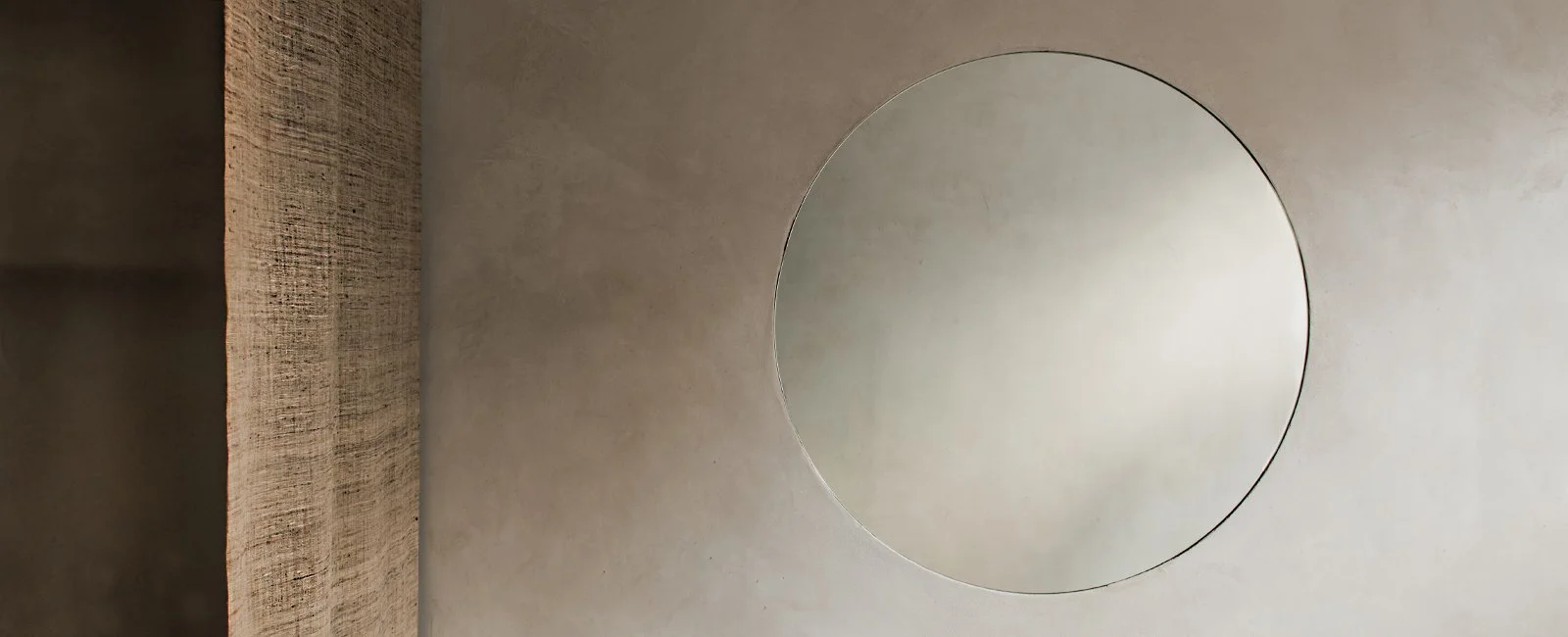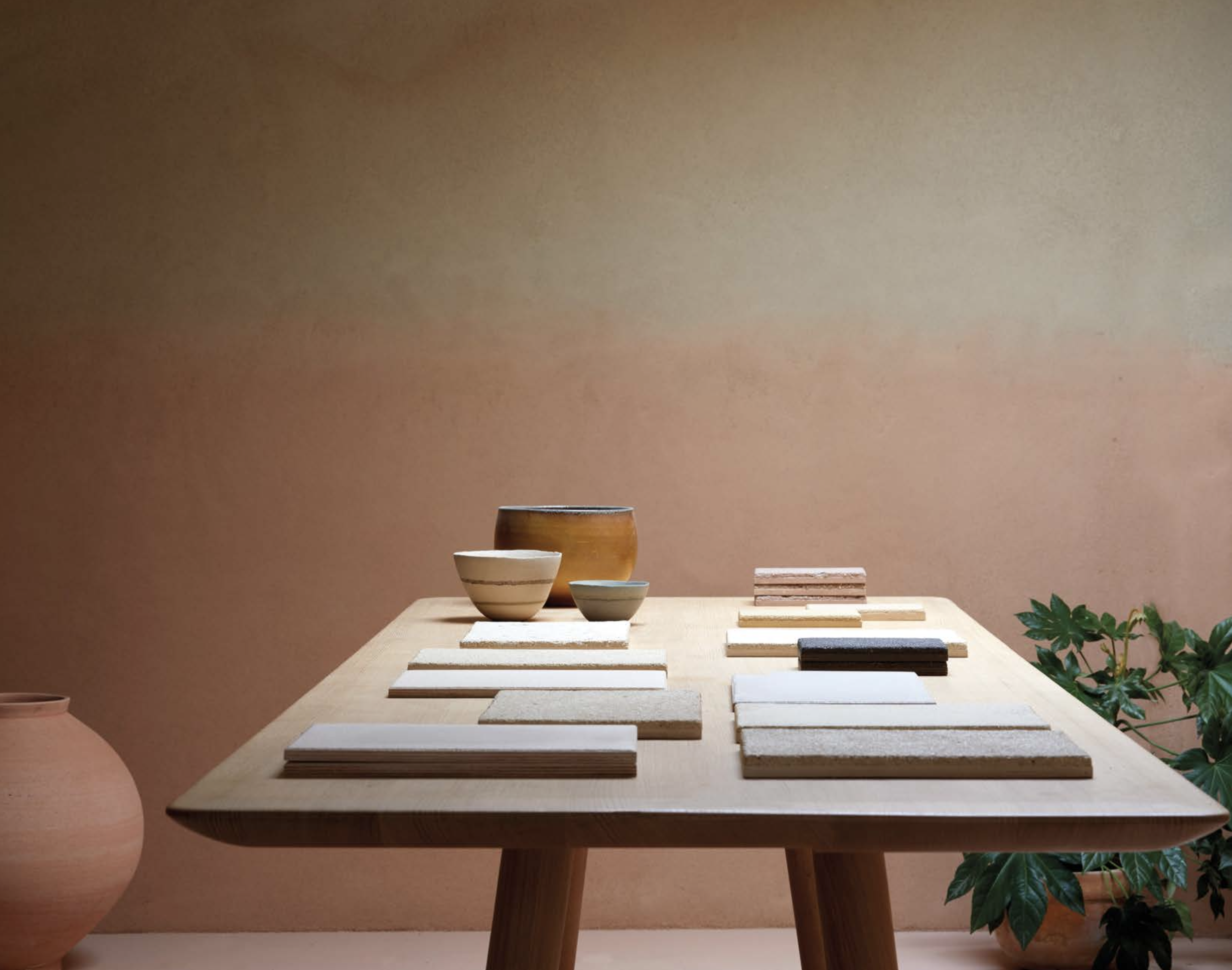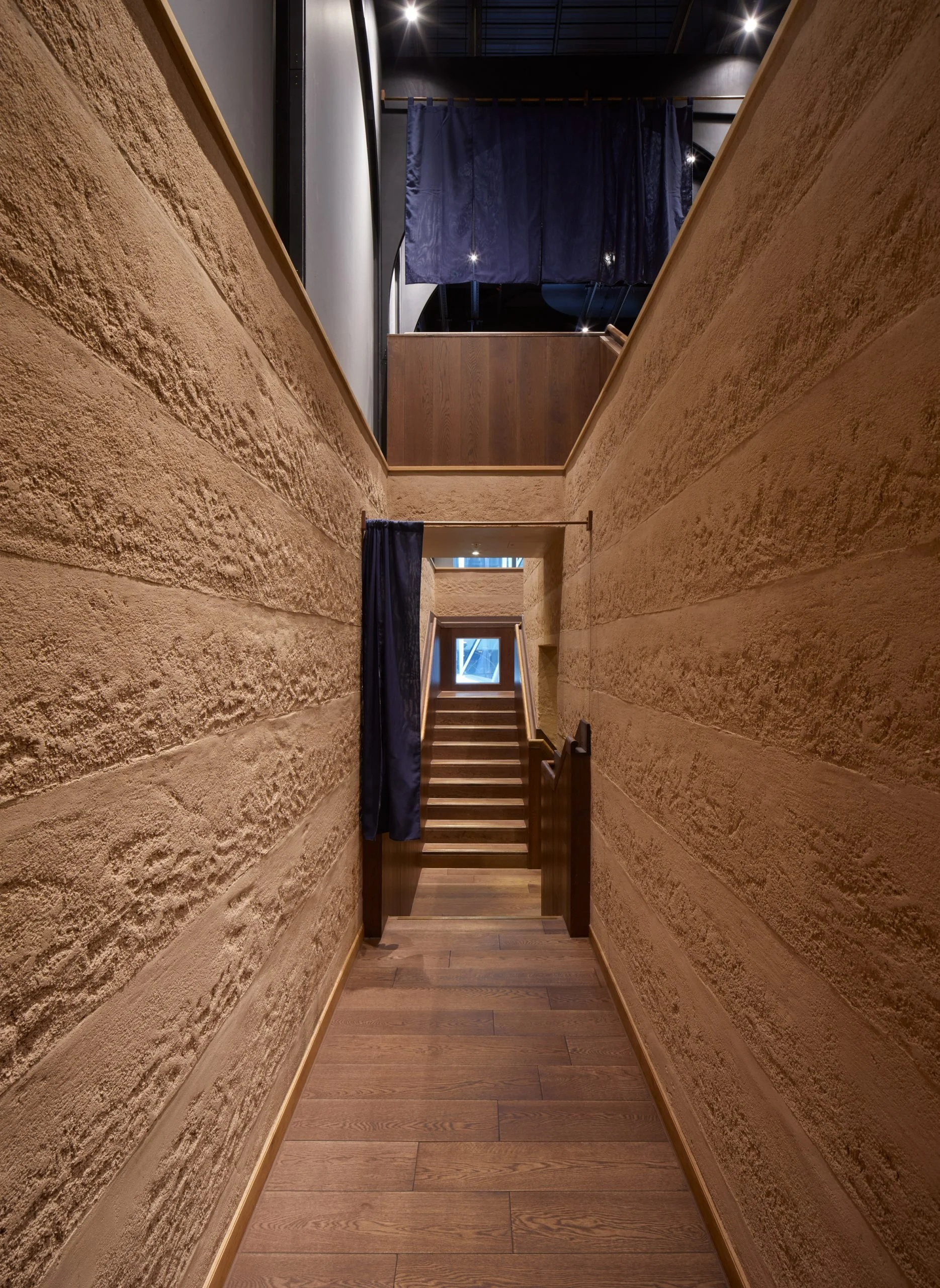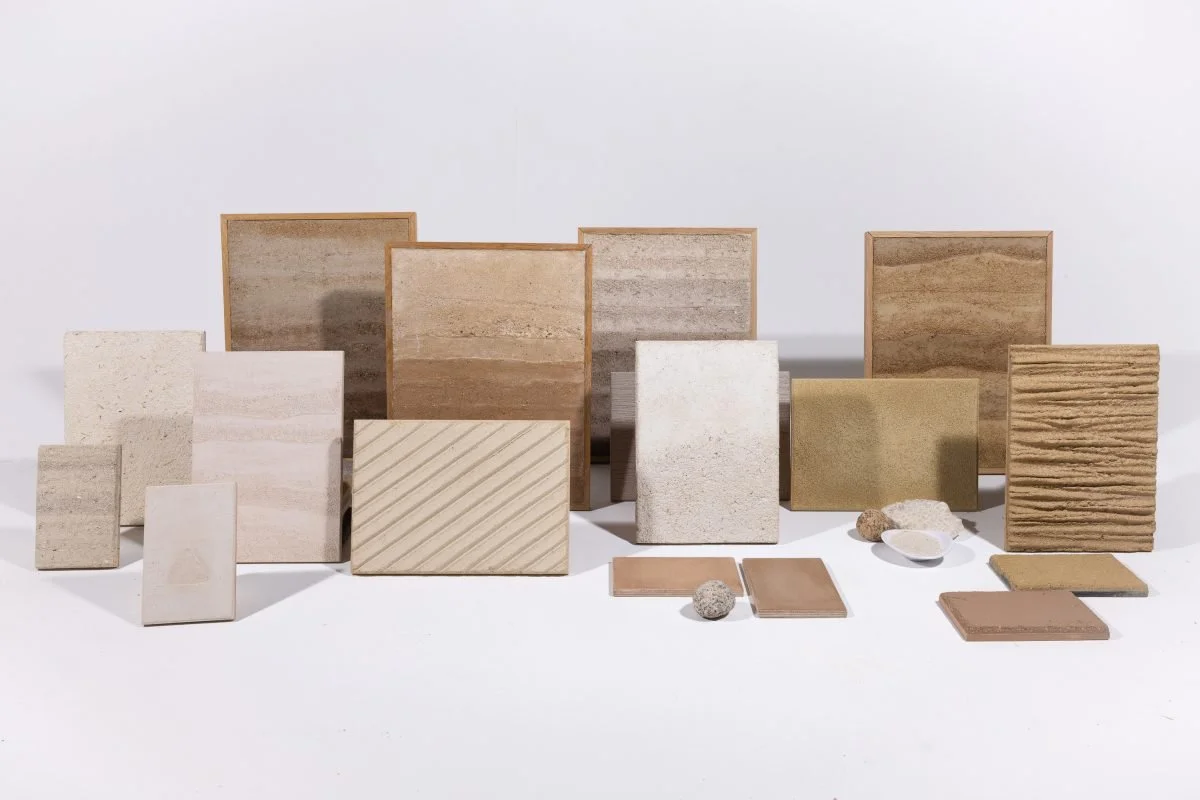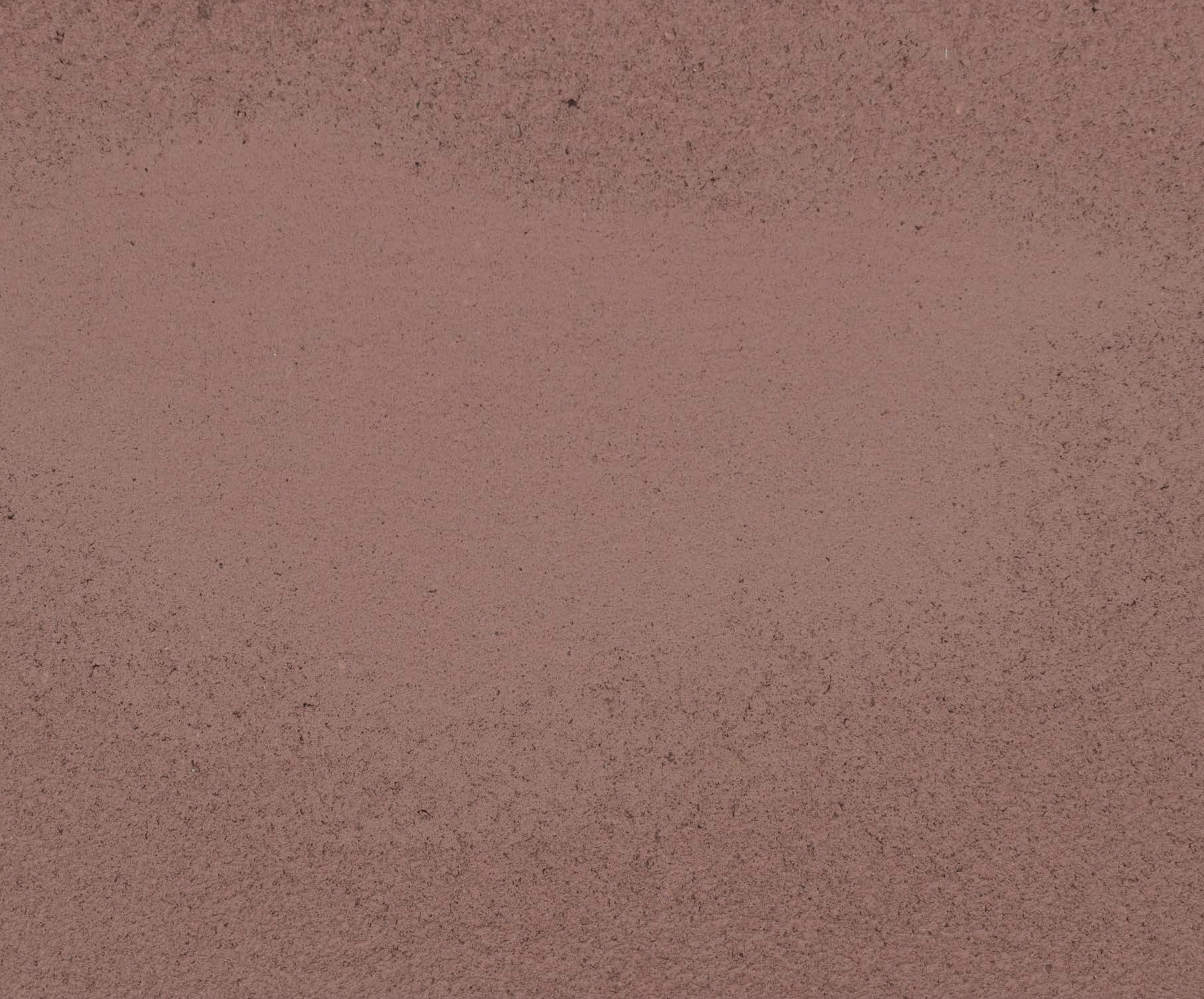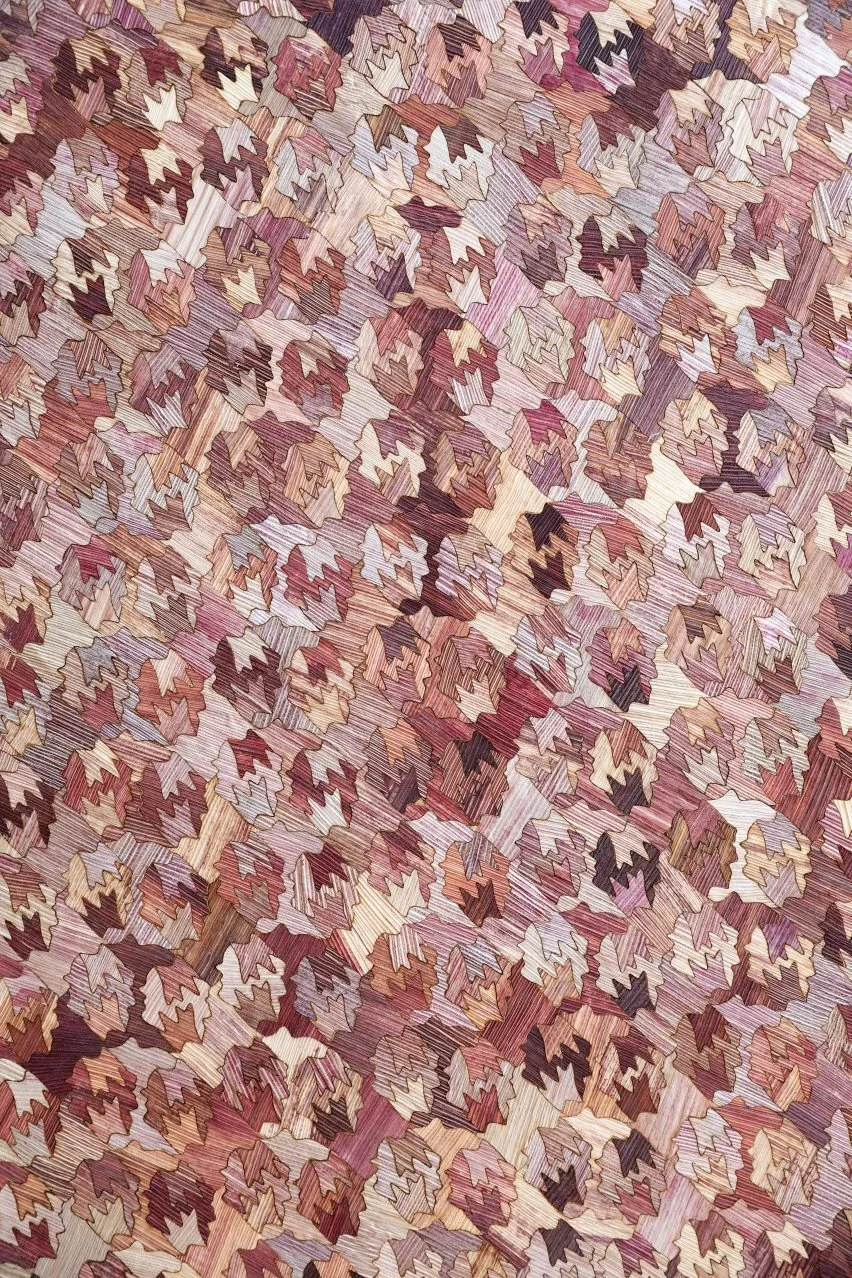 Image 1 of 9
Image 1 of 9

 Image 2 of 9
Image 2 of 9

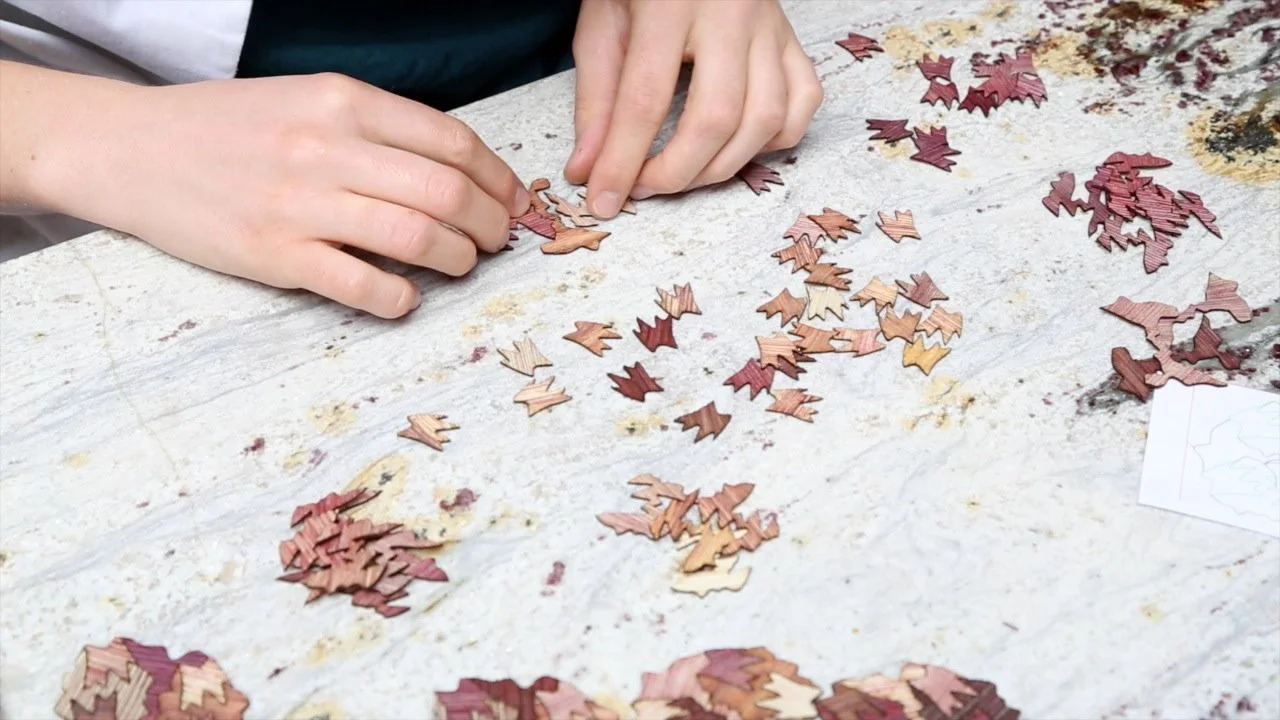 Image 3 of 9
Image 3 of 9

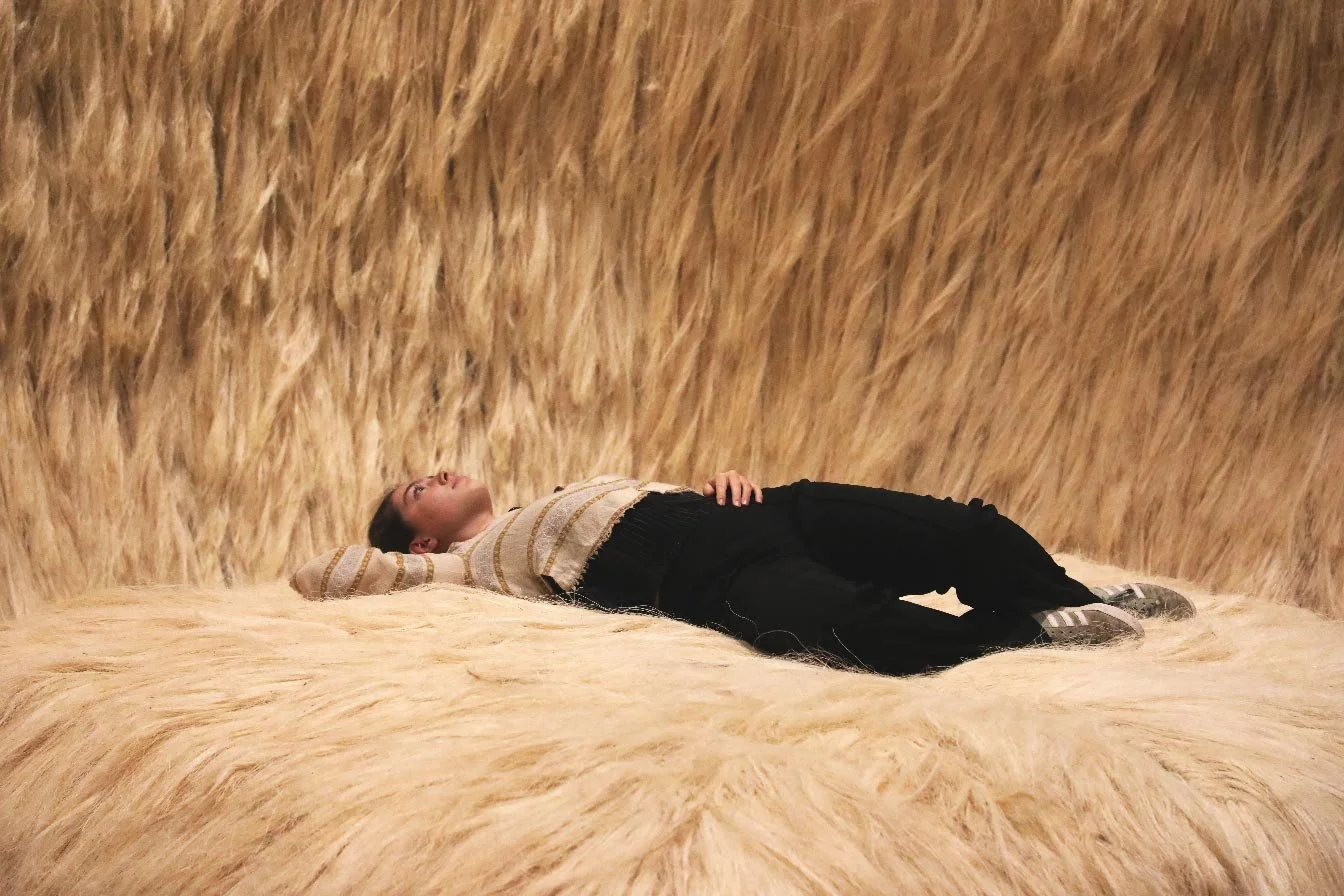 Image 4 of 9
Image 4 of 9

 Image 5 of 9
Image 5 of 9

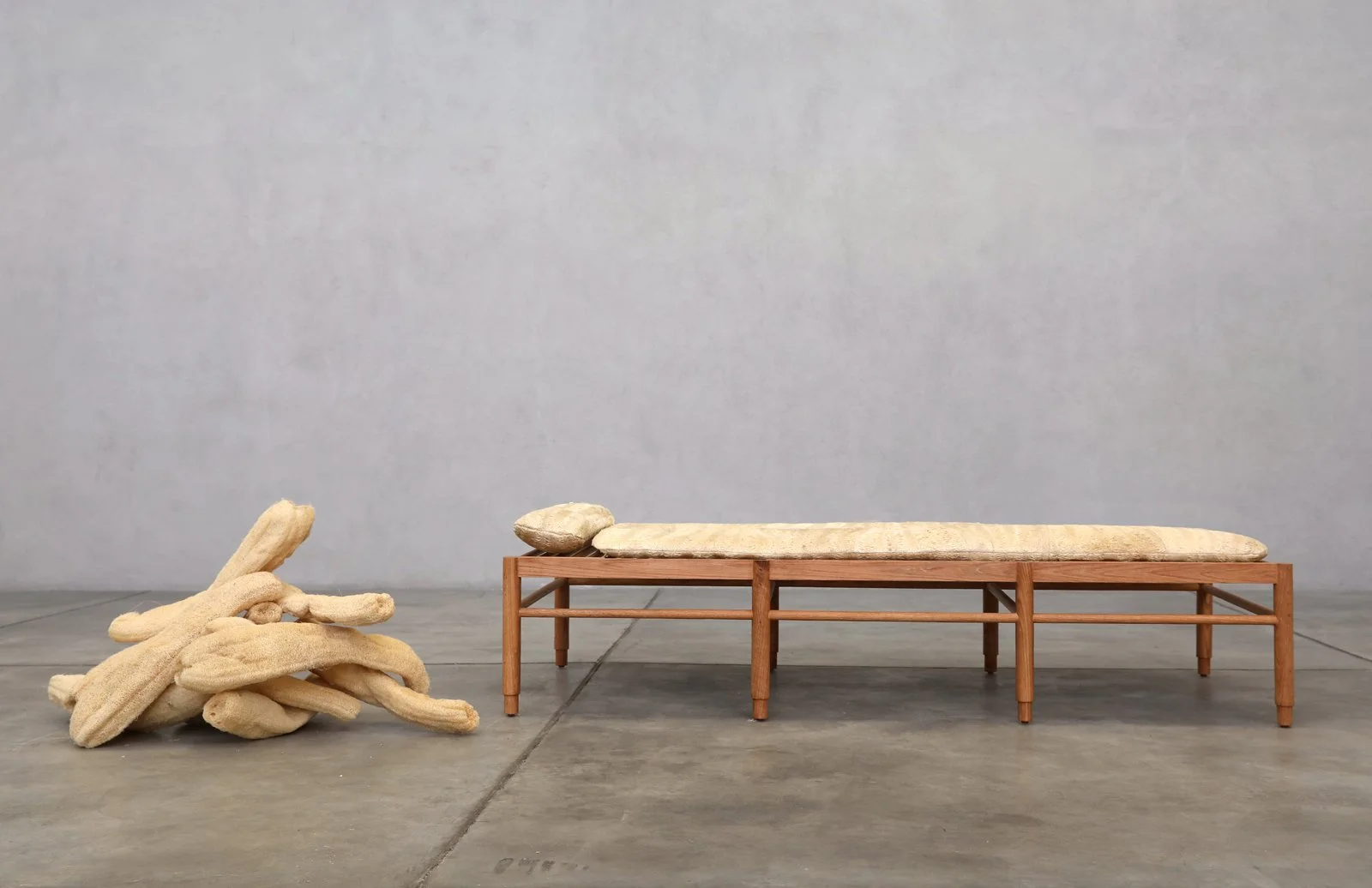 Image 6 of 9
Image 6 of 9

 Image 7 of 9
Image 7 of 9

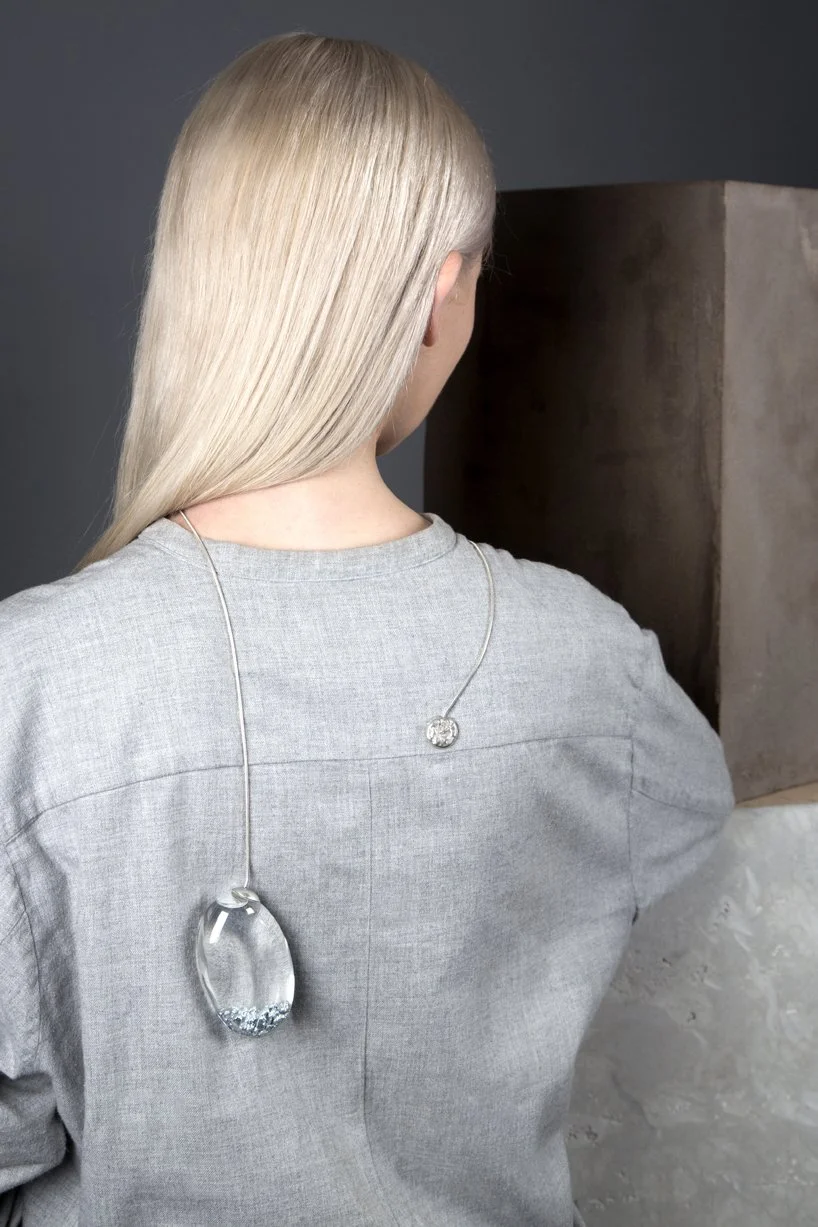 Image 8 of 9
Image 8 of 9

 Image 9 of 9
Image 9 of 9










Fernando Laposse transforms humble natural materials into refined design
Fernando Laposse is a Mexican designer with a degree in product design from Central Saint Martins. He established his practice with the mission to transform humble natural materials into refined design pieces, focusing on overlooked plant fibers such as sisal, loofah, and corn leaves. Laposse's current approach emphasizes creating "endemic design" that highlights the historical and cultural ties of materials to specific locations and communities. Core values include sustainability, biodiversity preservation, and social responsibility, with a purpose to redefine the relationship between design, materials, and local communities.
Location
Headquarters: Mexico City, Mexico.
Primary manufacturing/operations locations: Various locations in Mexico, working with indigenous communities.
The Circular Vision
Core circular economy principles: Using overlooked natural materials, promoting biodiversity, and creating products that support local communities and sustainable practices.
Key innovations: Development of techniques to transform plant fibers like corn husks into design materials, creating new economic opportunities for indigenous farmers.
Prioritization of local sourcing and closed-loop supply chains: Strong emphasis on working with indigenous communities in Mexico to source materials locally and sustainably.
Pioneering Solutions
Flagship projects: Laposse's portfolio includes innovative projects such as Totomoxtle (a veneer material made from heirloom corn husks), Sisal Sanctum (an installation using sisal fibers), and various furniture and design pieces that showcase the potential of natural fibers.
The Regenerative Future
R&D focus areas: Advancing techniques for using lesser-known plant fibers, exploring new applications for natural materials, and developing solutions that support biodiversity and local communities.
Ambitious goals: To lead the design industry in sustainable practices, create products that preserve biodiversity and cultural heritage, and inspire a shift towards more environmentally and socially conscious design.
Fact Sheet
Commercial Availability: Design pieces and installations available through galleries, exhibitions, and collaborations with institutions.
Circularity Rating: 5/5 (Strong focus on using natural, biodegradable materials and supporting local ecosystems).
Key Certifications: Works held in permanent collections of Design Museum Gent, Musée des Arts Décoratifs, San Francisco Museum of Modern Art, and Victoria & Albert Museum.
Cost Rating: High-end pricing for collectible design pieces.
Material Passport: Detailed use of natural, locally-sourced materials in projects, with emphasis on their cultural and ecological significance.
Designed for Disassembly: Information not explicitly provided, but use of natural materials suggests potential for biodegradability.
Carbon Performance: Focus on using local, natural materials, but specific carbon performance metrics are not provided.
Key Takeaway
Fernando Laposse transforms the design industry through innovative use of overlooked natural materials, setting a benchmark for biodiversity preservation, cultural heritage conservation, and social responsibility in contemporary design.
Explore Further
Fernando Laposse website: https://www.fernandolaposse.com
Fernando Laposse is a Mexican designer with a degree in product design from Central Saint Martins. He established his practice with the mission to transform humble natural materials into refined design pieces, focusing on overlooked plant fibers such as sisal, loofah, and corn leaves. Laposse's current approach emphasizes creating "endemic design" that highlights the historical and cultural ties of materials to specific locations and communities. Core values include sustainability, biodiversity preservation, and social responsibility, with a purpose to redefine the relationship between design, materials, and local communities.
Location
Headquarters: Mexico City, Mexico.
Primary manufacturing/operations locations: Various locations in Mexico, working with indigenous communities.
The Circular Vision
Core circular economy principles: Using overlooked natural materials, promoting biodiversity, and creating products that support local communities and sustainable practices.
Key innovations: Development of techniques to transform plant fibers like corn husks into design materials, creating new economic opportunities for indigenous farmers.
Prioritization of local sourcing and closed-loop supply chains: Strong emphasis on working with indigenous communities in Mexico to source materials locally and sustainably.
Pioneering Solutions
Flagship projects: Laposse's portfolio includes innovative projects such as Totomoxtle (a veneer material made from heirloom corn husks), Sisal Sanctum (an installation using sisal fibers), and various furniture and design pieces that showcase the potential of natural fibers.
The Regenerative Future
R&D focus areas: Advancing techniques for using lesser-known plant fibers, exploring new applications for natural materials, and developing solutions that support biodiversity and local communities.
Ambitious goals: To lead the design industry in sustainable practices, create products that preserve biodiversity and cultural heritage, and inspire a shift towards more environmentally and socially conscious design.
Fact Sheet
Commercial Availability: Design pieces and installations available through galleries, exhibitions, and collaborations with institutions.
Circularity Rating: 5/5 (Strong focus on using natural, biodegradable materials and supporting local ecosystems).
Key Certifications: Works held in permanent collections of Design Museum Gent, Musée des Arts Décoratifs, San Francisco Museum of Modern Art, and Victoria & Albert Museum.
Cost Rating: High-end pricing for collectible design pieces.
Material Passport: Detailed use of natural, locally-sourced materials in projects, with emphasis on their cultural and ecological significance.
Designed for Disassembly: Information not explicitly provided, but use of natural materials suggests potential for biodegradability.
Carbon Performance: Focus on using local, natural materials, but specific carbon performance metrics are not provided.
Key Takeaway
Fernando Laposse transforms the design industry through innovative use of overlooked natural materials, setting a benchmark for biodiversity preservation, cultural heritage conservation, and social responsibility in contemporary design.
Explore Further
Fernando Laposse website: https://www.fernandolaposse.com
